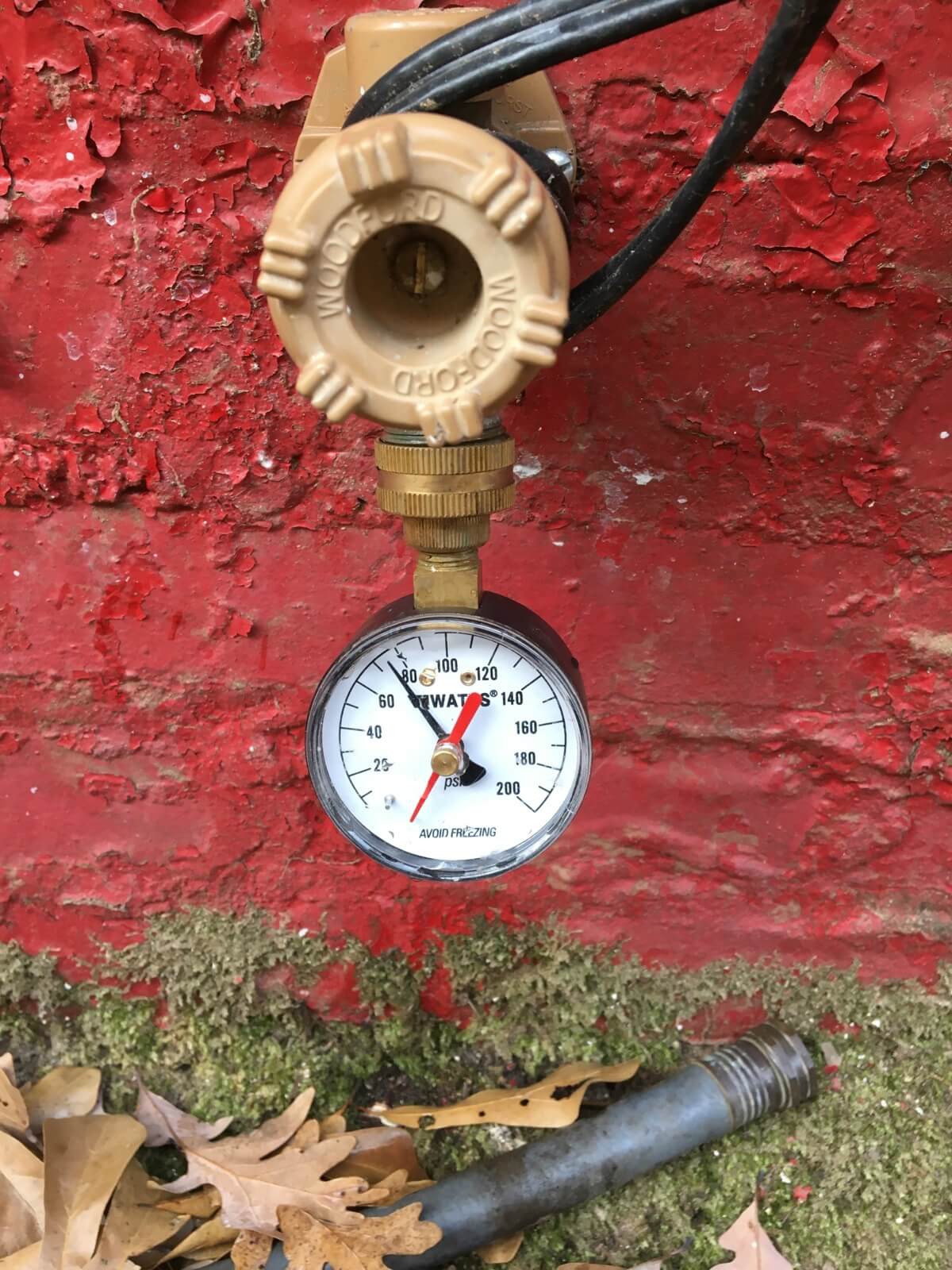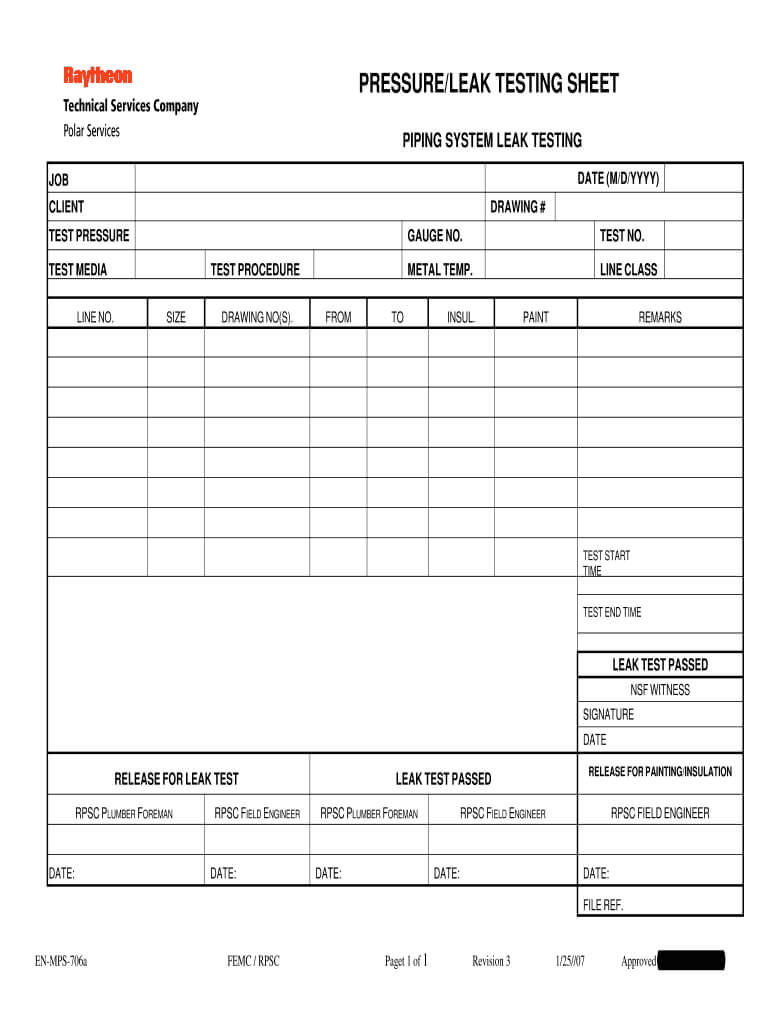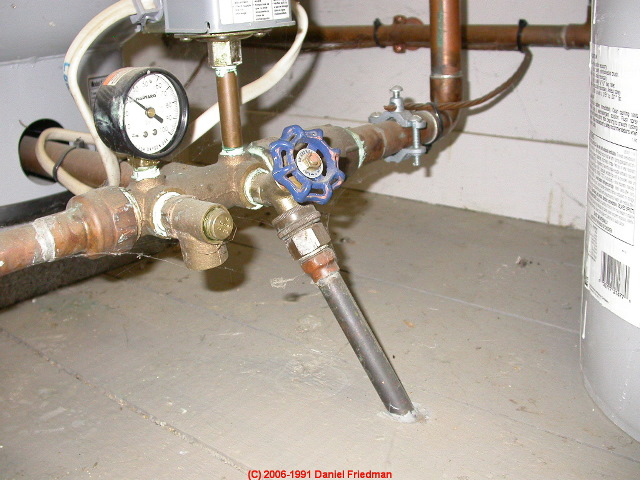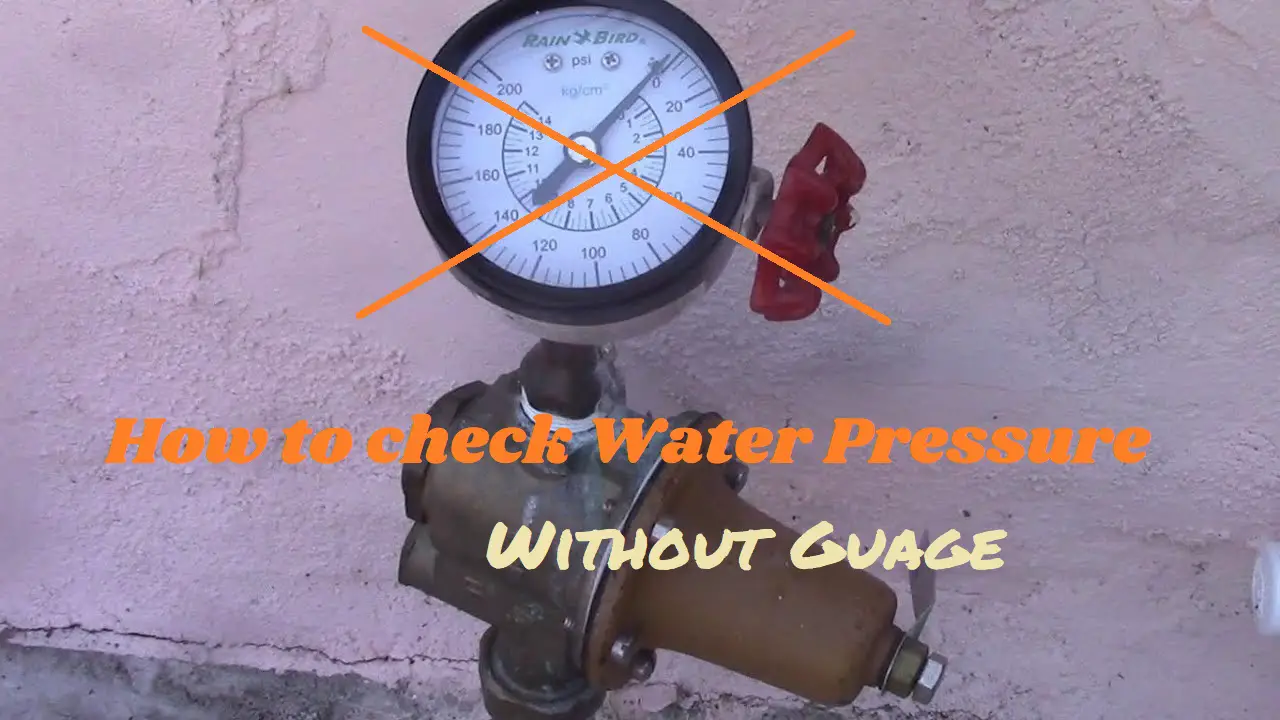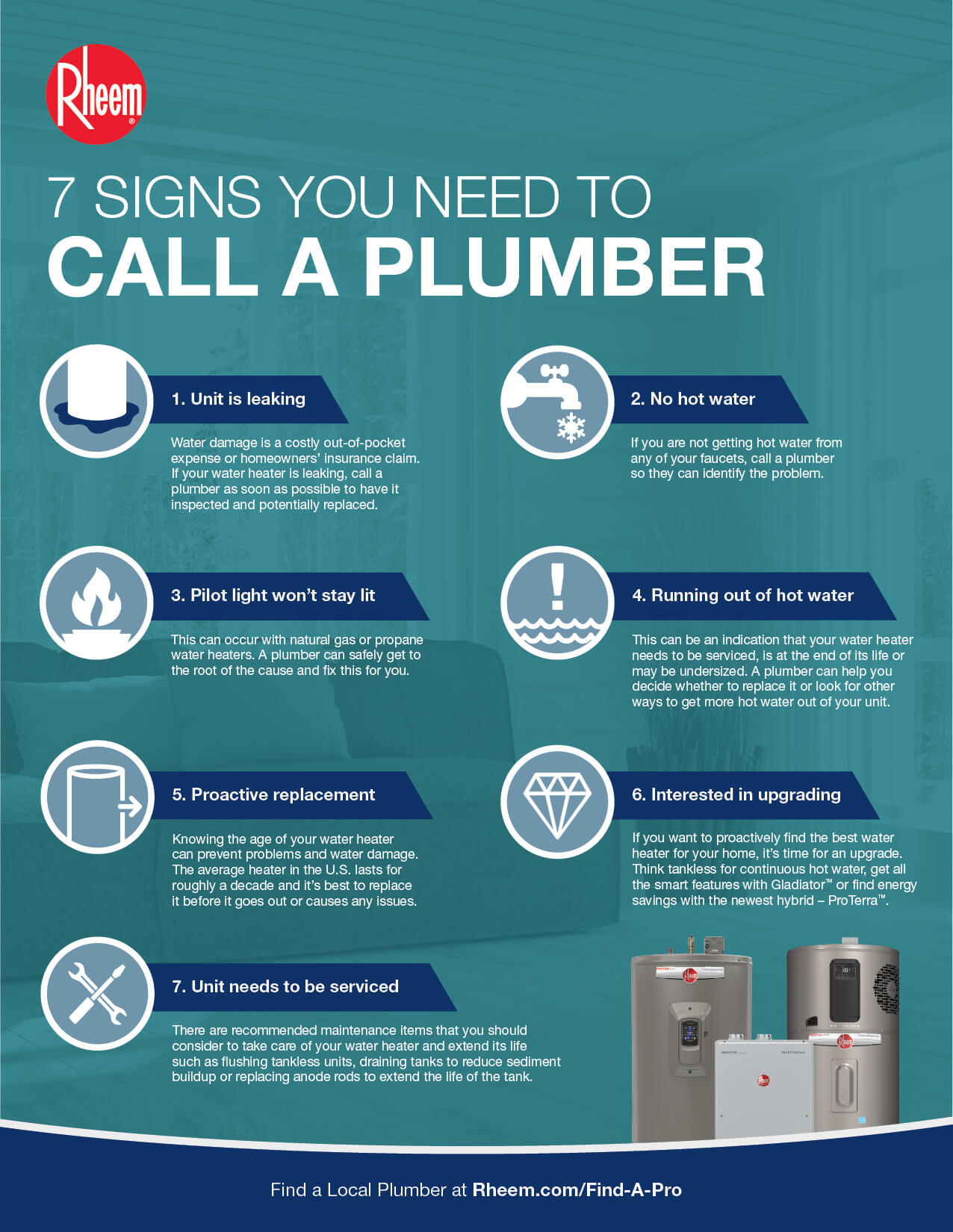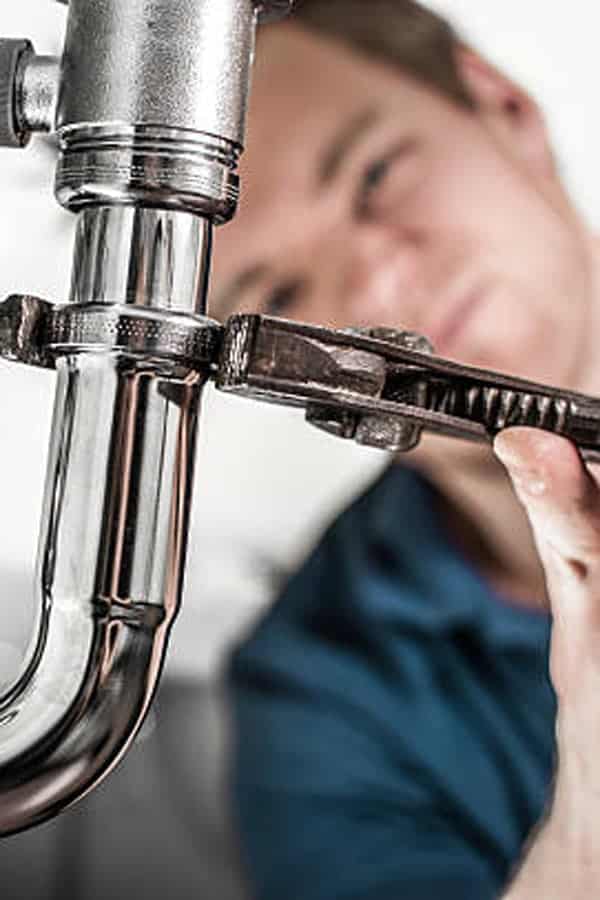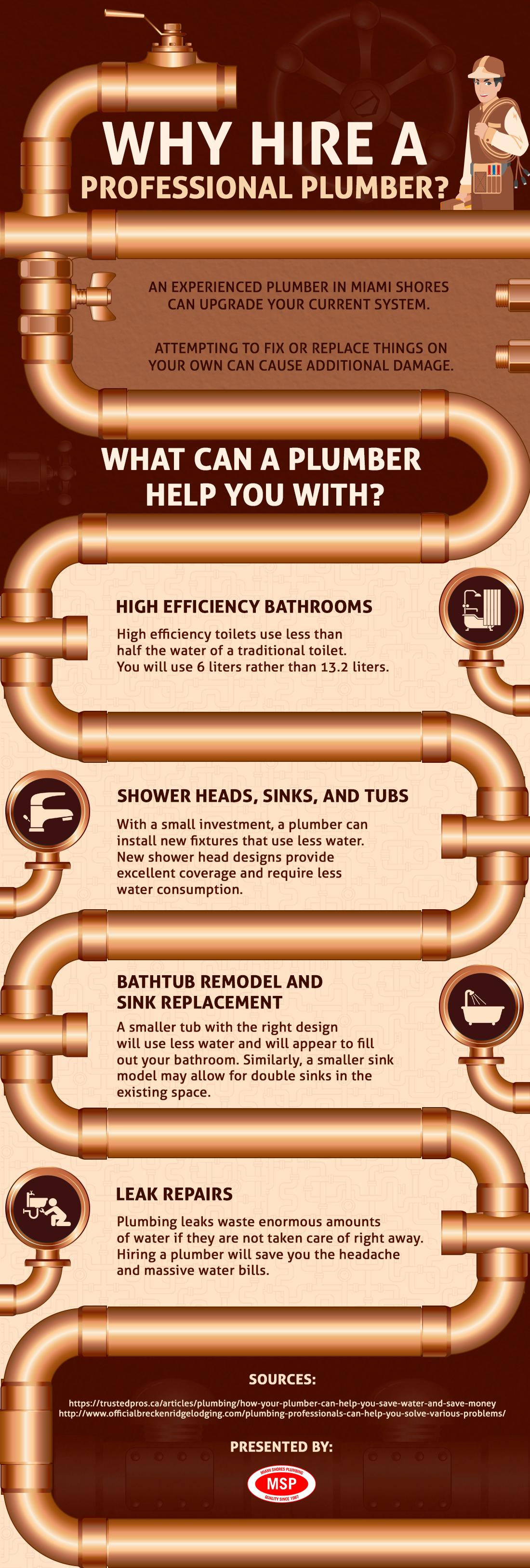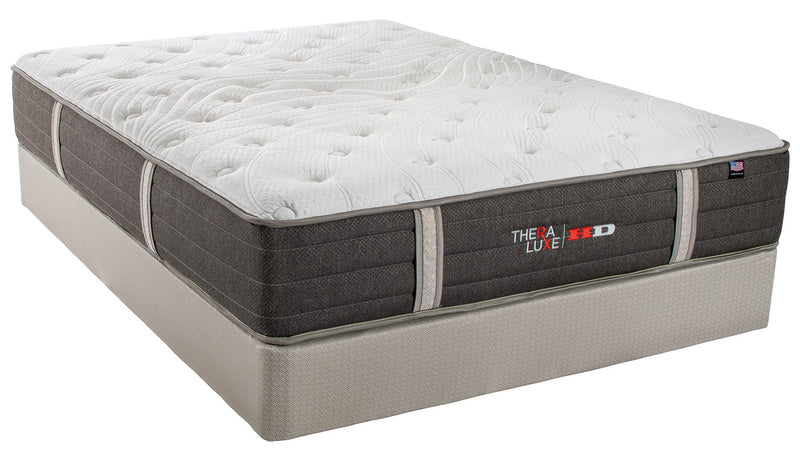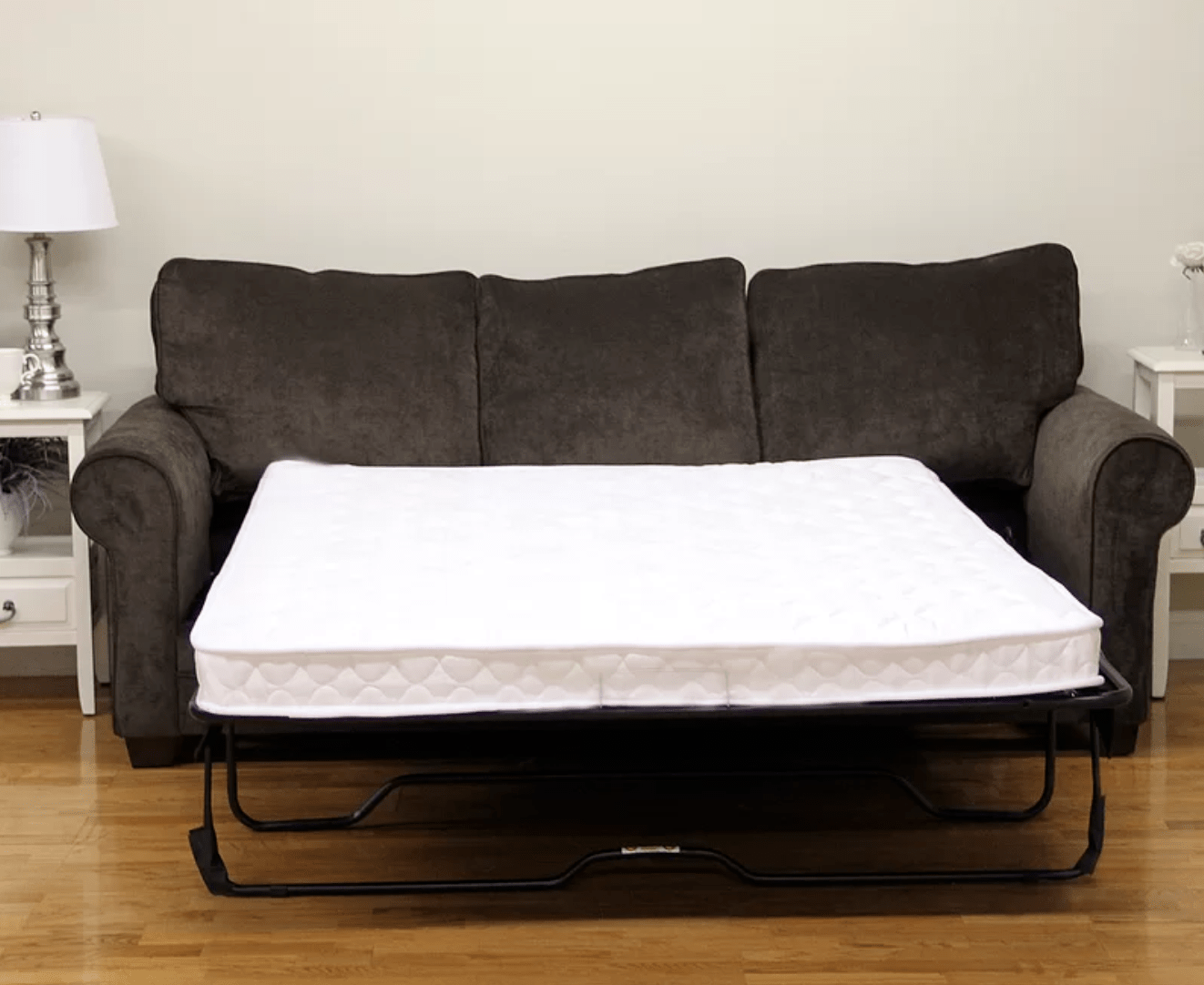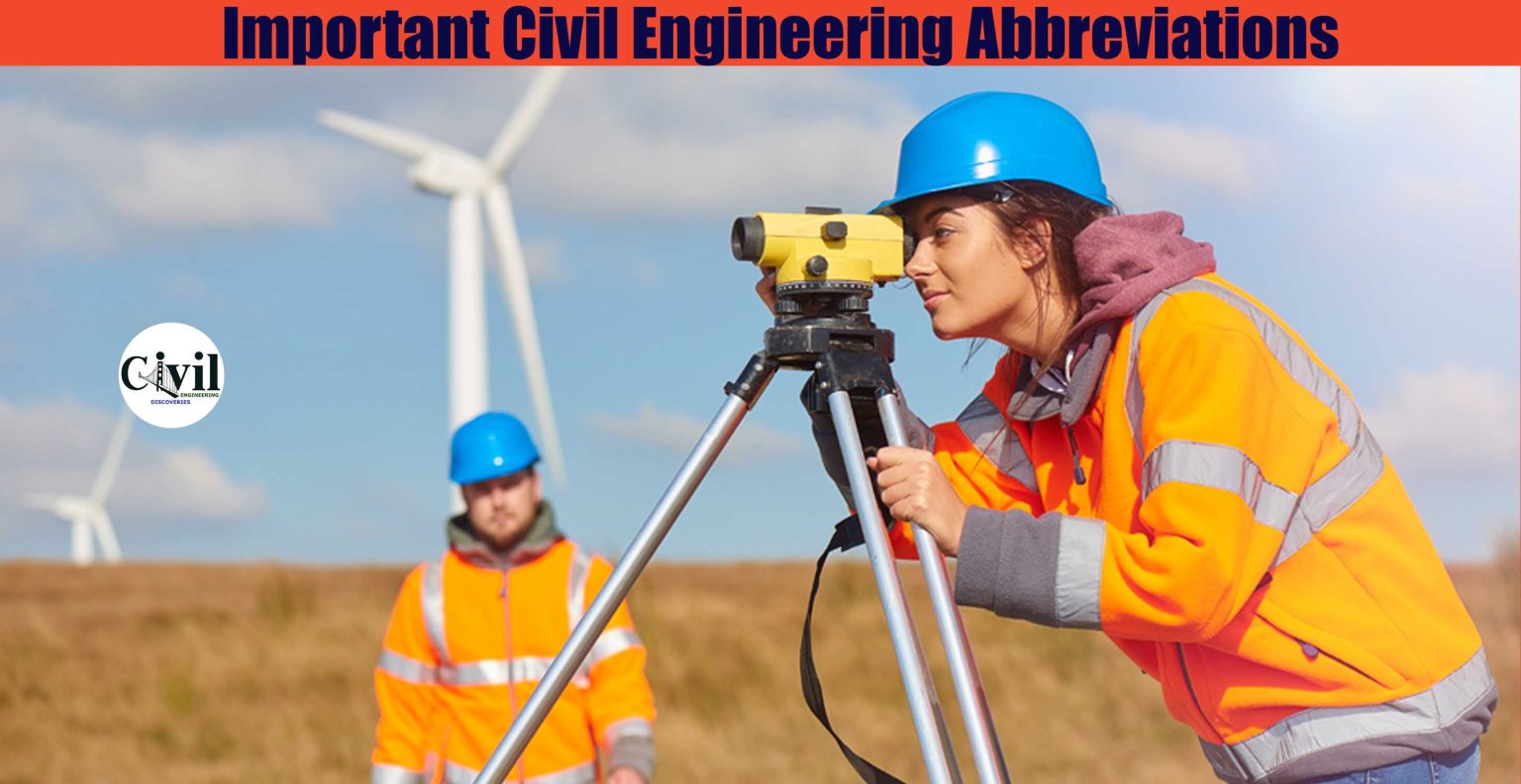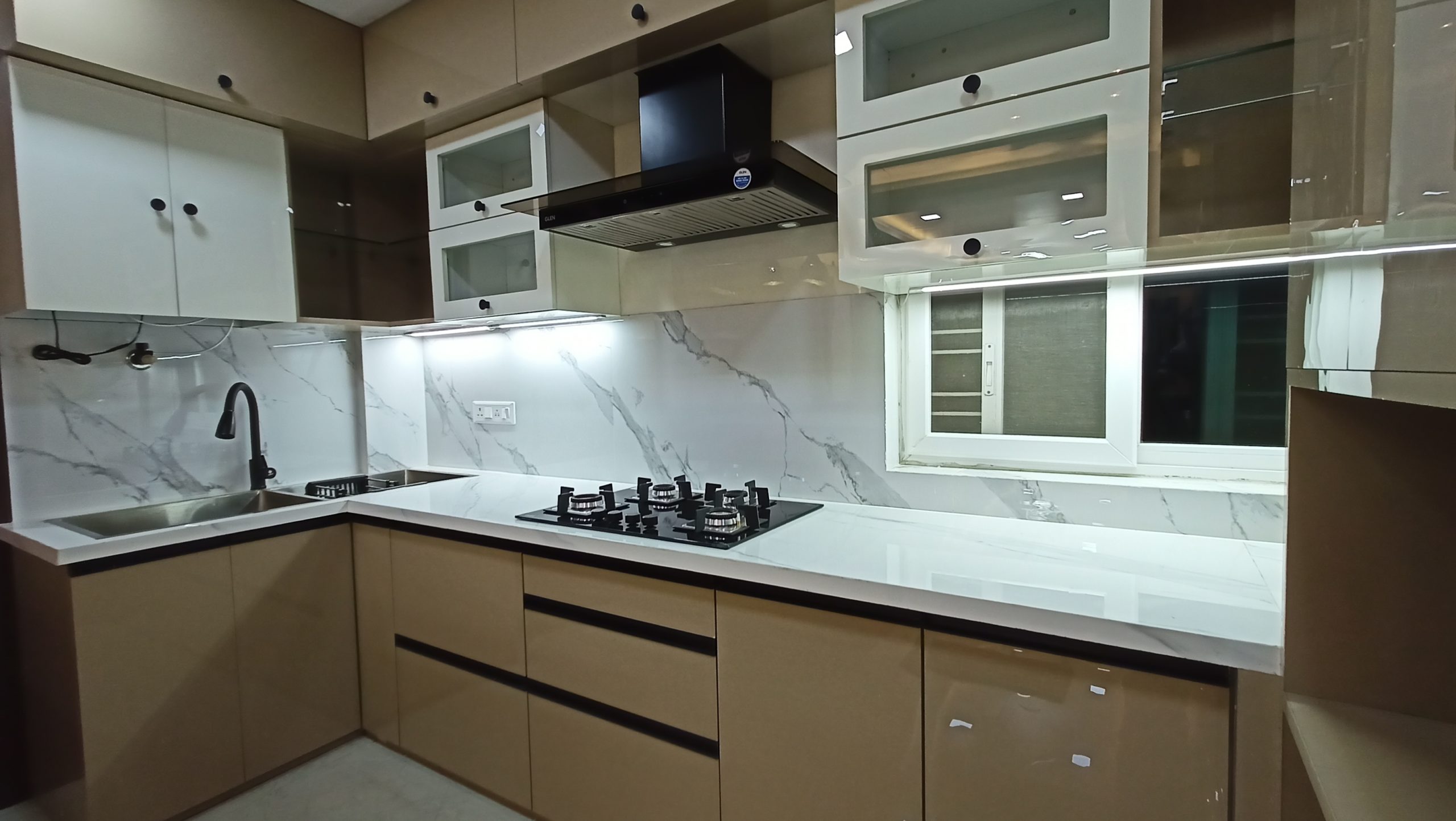If you are experiencing low hot water pressure in your kitchen sink, the first thing you should check is the aerator. This small, mesh screen located at the end of the faucet can easily become clogged with mineral deposits and debris over time, resulting in reduced water flow. To clean the aerator, simply unscrew it from the faucet and use a toothbrush to scrub away any build-up. Once clean, reattach it and check to see if the water pressure has improved.1. Check the aerator
Another possible culprit for low hot water pressure in your kitchen sink is a partially closed shut-off valve. This valve is usually located under the sink and controls the flow of water to the faucet. Make sure the valve is fully open by turning it counterclockwise. If it is already fully open, try closing it and then opening it again to see if this helps increase the water pressure.2. Check the shut-off valves
If the shut-off valve is fully open and the aerator is clean, the next step is to check the water supply line. This is the hose that connects your faucet to the water supply. Make sure it is not kinked or twisted, as this can restrict water flow. If it is damaged, it may need to be replaced to improve water pressure.3. Check the water supply line
The water pressure regulator is a valve that controls the overall water pressure in your home. If this valve is malfunctioning, it can cause low hot water pressure in your kitchen sink. You can check the pressure by attaching a pressure gauge to an outdoor spigot. If the pressure is below 40-45 PSI, the regulator may need to be adjusted or replaced.4. Check the water pressure regulator
Clogged pipes can also lead to low hot water pressure. Over time, mineral deposits, grease, and other debris can build up inside the pipes, restricting the flow of water. To check for clogs, turn off the water supply and disconnect the hot water supply line from the faucet. Then, using a wire hanger or pipe brush, try to clear out any debris that may be blocking the pipes.5. Check for clogs in the pipes
If the hot water pressure is low in all of your faucets, the issue may lie with your hot water heater. Sediment and debris can build up in the tank over time, reducing the efficiency of the heater and causing low water pressure. To fix this, you may need to drain and flush the tank to remove any buildup.6. Check the hot water heater
Leaks in your plumbing system can also cause low water pressure. Check for any visible leaks under the sink, around the pipes, and in other areas of your home. If you find a leak, it is important to fix it as soon as possible to prevent further damage to your home and to improve water pressure.7. Check for leaks in the pipes
If the water pressure is low in just your kitchen sink, it is possible that the issue is isolated to that faucet. However, if the water pressure is low in all of your faucets, it is likely a larger issue with your plumbing system. Check the water pressure in other faucets and showers to determine if the problem is widespread.8. Check the water pressure in other faucets
If you are experiencing low hot water pressure throughout your home, it is possible that the issue is with the main water line. Check with your water provider to see if there are any known issues or if there is maintenance being done on the main line that could be causing low water pressure.9. Check the water pressure from the main line
If you have tried all of the above steps and are still experiencing low hot water pressure in your kitchen sink, it may be time to call a professional plumber. They will have the knowledge and tools to properly diagnose and fix the issue, ensuring that your hot water pressure is back to normal in no time. Don't let low hot water pressure in your kitchen sink disrupt your daily routine. By following these steps and seeking professional help if needed, you can ensure that your water pressure is back to normal and your sink is functioning properly once again.10. Call a plumber for professional help
The Importance of Proper Water Pressure in Your Kitchen Sink
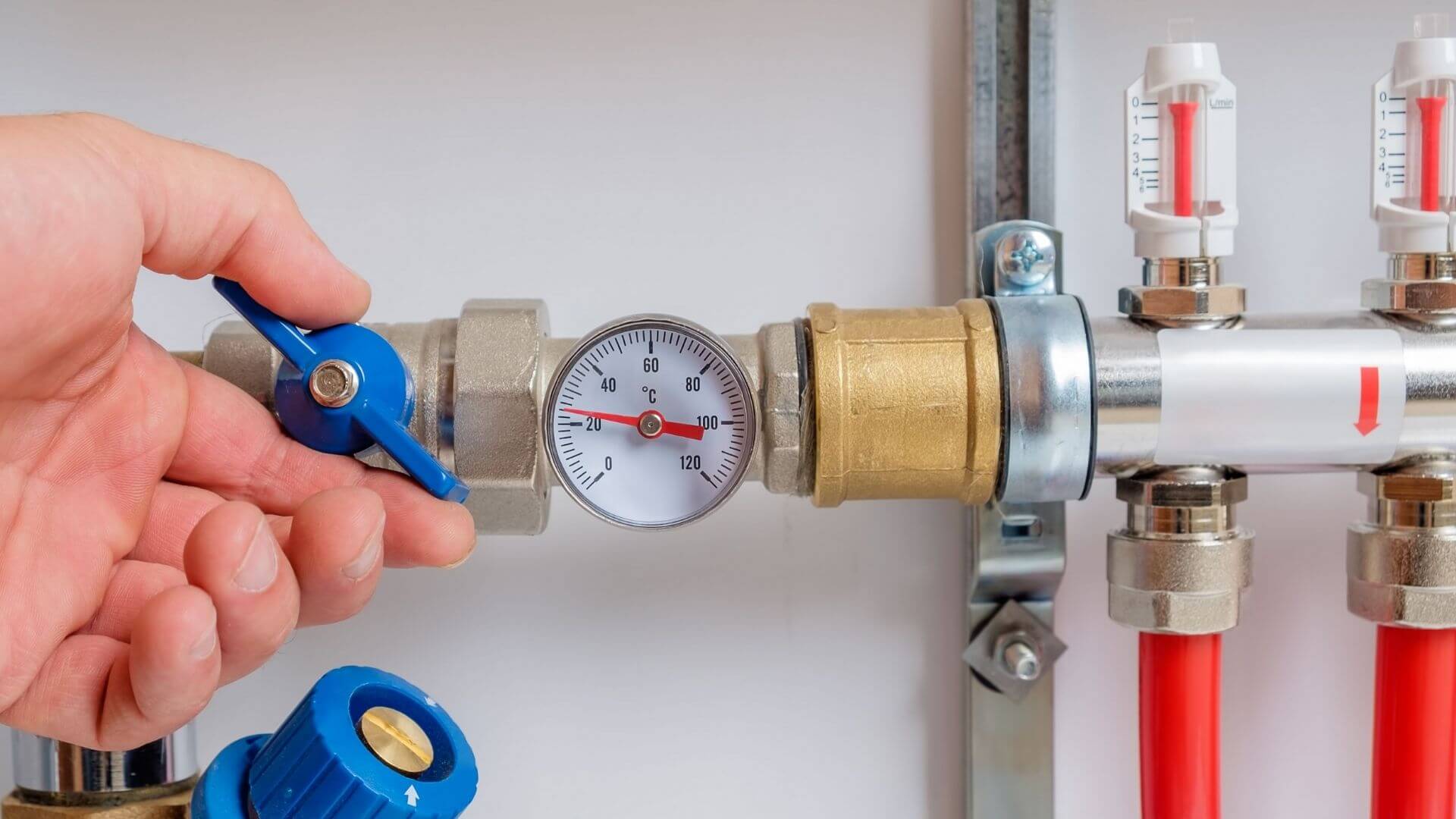
Why Low Water Pressure is a Common Issue in the Kitchen
 When it comes to the functionality of our homes, a steady water supply is essential. From cooking and cleaning to drinking and bathing, we rely on water for many daily tasks. However, if you've noticed that the hot water pressure in your kitchen sink is low, it can be frustrating and inconvenient. So, why does this issue occur?
One of the most common reasons for low hot water pressure in the kitchen sink is a clogged aerator. The aerator is the small mesh screen located at the end of the faucet. Over time, it can become clogged with mineral deposits and debris, restricting the flow of water. Another possible cause is a faulty or outdated plumbing system. Old pipes can corrode and build up sediment, reducing water flow. Additionally, if you have a water softener system, it could be malfunctioning and causing low water pressure.
When it comes to the functionality of our homes, a steady water supply is essential. From cooking and cleaning to drinking and bathing, we rely on water for many daily tasks. However, if you've noticed that the hot water pressure in your kitchen sink is low, it can be frustrating and inconvenient. So, why does this issue occur?
One of the most common reasons for low hot water pressure in the kitchen sink is a clogged aerator. The aerator is the small mesh screen located at the end of the faucet. Over time, it can become clogged with mineral deposits and debris, restricting the flow of water. Another possible cause is a faulty or outdated plumbing system. Old pipes can corrode and build up sediment, reducing water flow. Additionally, if you have a water softener system, it could be malfunctioning and causing low water pressure.
The Consequences of Low Water Pressure
 Low water pressure in the kitchen sink may seem like a minor inconvenience, but it can have significant consequences. Firstly, it can make it difficult to wash dishes and cook efficiently. Without proper water pressure, it can take longer to rinse off soap and clean dishes thoroughly. It can also make it challenging to fill pots or kettles with water quickly, delaying meal preparation.
Moreover, low water pressure can also indicate underlying issues with your plumbing system. If left untreated, it can lead to leaks, burst pipes, and even water damage to your home. It can also cause damage to appliances that require a steady water supply, such as your dishwasher and washing machine. Therefore, it's crucial to address low water pressure in your kitchen sink promptly.
Low water pressure in the kitchen sink may seem like a minor inconvenience, but it can have significant consequences. Firstly, it can make it difficult to wash dishes and cook efficiently. Without proper water pressure, it can take longer to rinse off soap and clean dishes thoroughly. It can also make it challenging to fill pots or kettles with water quickly, delaying meal preparation.
Moreover, low water pressure can also indicate underlying issues with your plumbing system. If left untreated, it can lead to leaks, burst pipes, and even water damage to your home. It can also cause damage to appliances that require a steady water supply, such as your dishwasher and washing machine. Therefore, it's crucial to address low water pressure in your kitchen sink promptly.
Solutions for Low Water Pressure
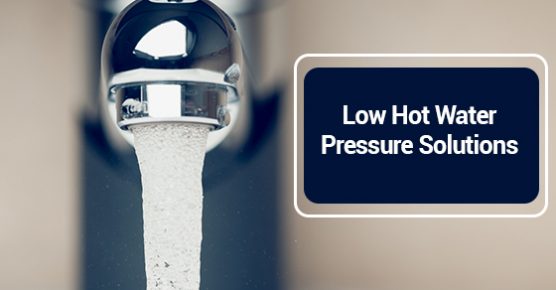 Fortunately, there are a few solutions to improve the hot water pressure in your kitchen sink. The first step is to check the aerator and clean or replace it if necessary. You can also try flushing out your pipes by turning off the water supply and then turning it back on to remove any built-up sediment. If these solutions don't work, it may be time to call a professional plumber to inspect your plumbing system and make any necessary repairs or upgrades.
In conclusion, low hot water pressure in the kitchen sink is a common issue that can be caused by various factors. It can be frustrating and inconvenient, but it's essential to address it promptly to avoid further complications. By understanding the causes and consequences of low water pressure, you can take the necessary steps to improve the functionality of your kitchen sink and maintain a steady water supply in your home.
Fortunately, there are a few solutions to improve the hot water pressure in your kitchen sink. The first step is to check the aerator and clean or replace it if necessary. You can also try flushing out your pipes by turning off the water supply and then turning it back on to remove any built-up sediment. If these solutions don't work, it may be time to call a professional plumber to inspect your plumbing system and make any necessary repairs or upgrades.
In conclusion, low hot water pressure in the kitchen sink is a common issue that can be caused by various factors. It can be frustrating and inconvenient, but it's essential to address it promptly to avoid further complications. By understanding the causes and consequences of low water pressure, you can take the necessary steps to improve the functionality of your kitchen sink and maintain a steady water supply in your home.


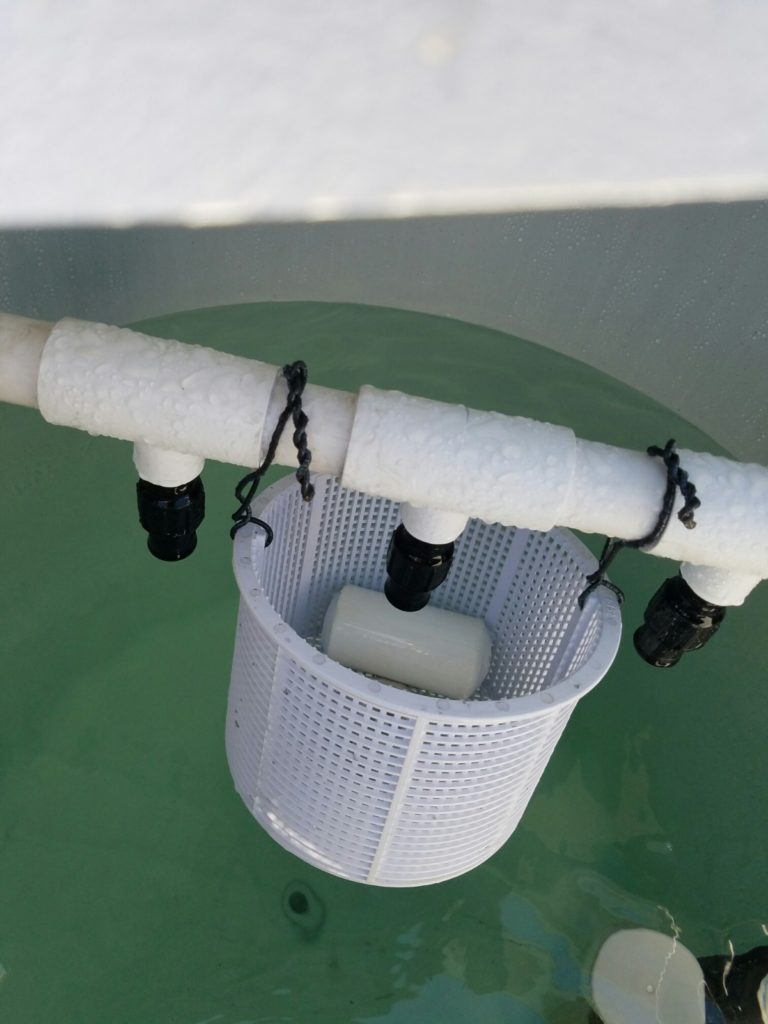

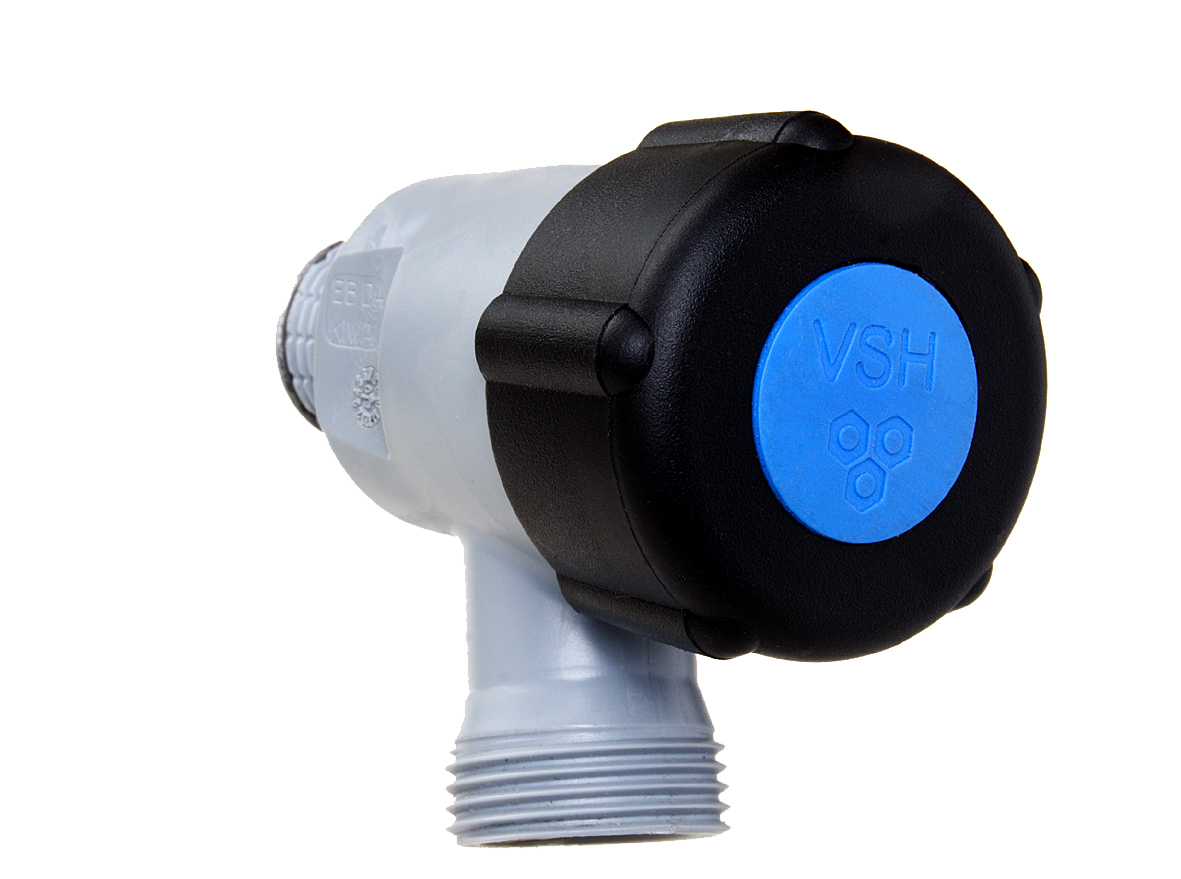





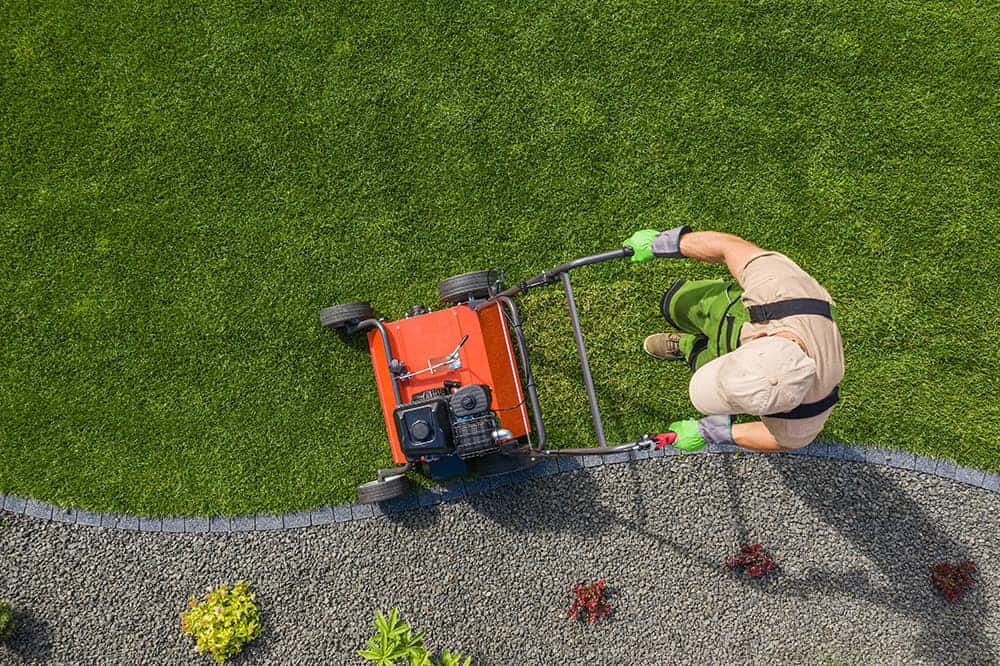

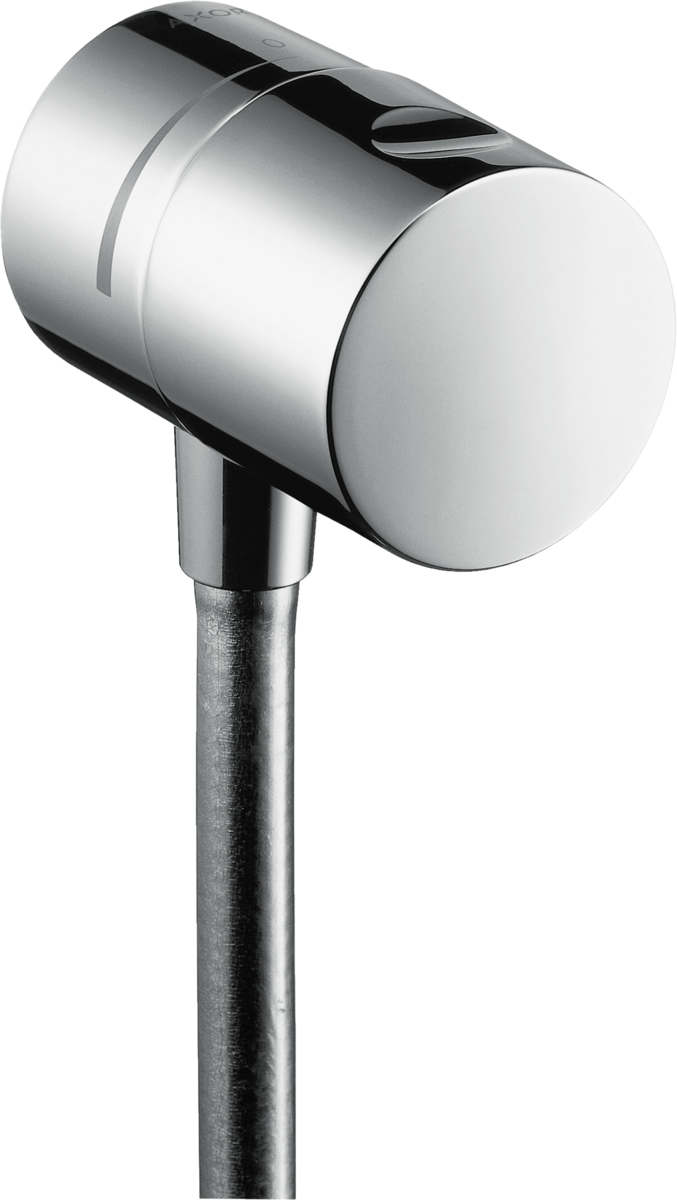

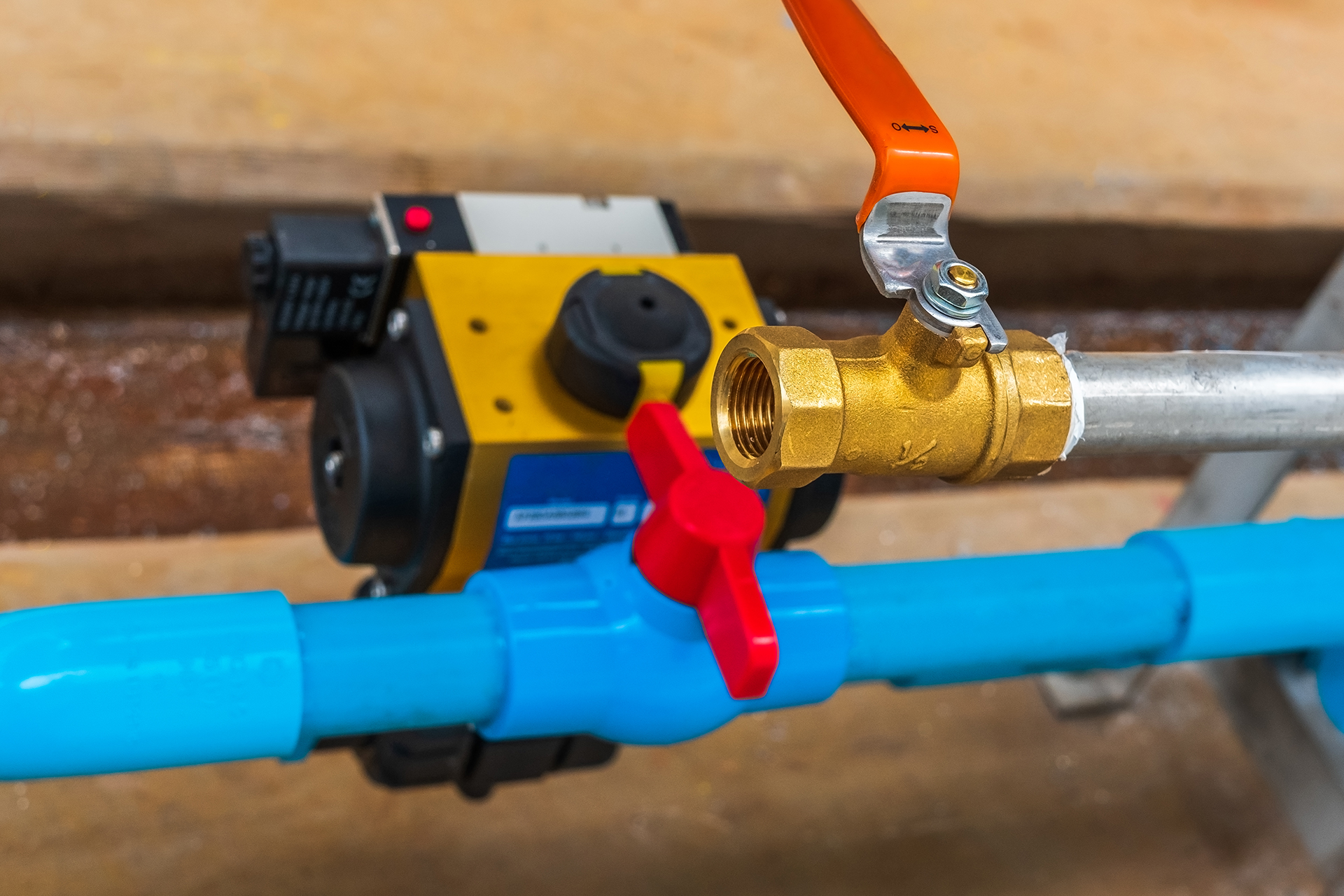
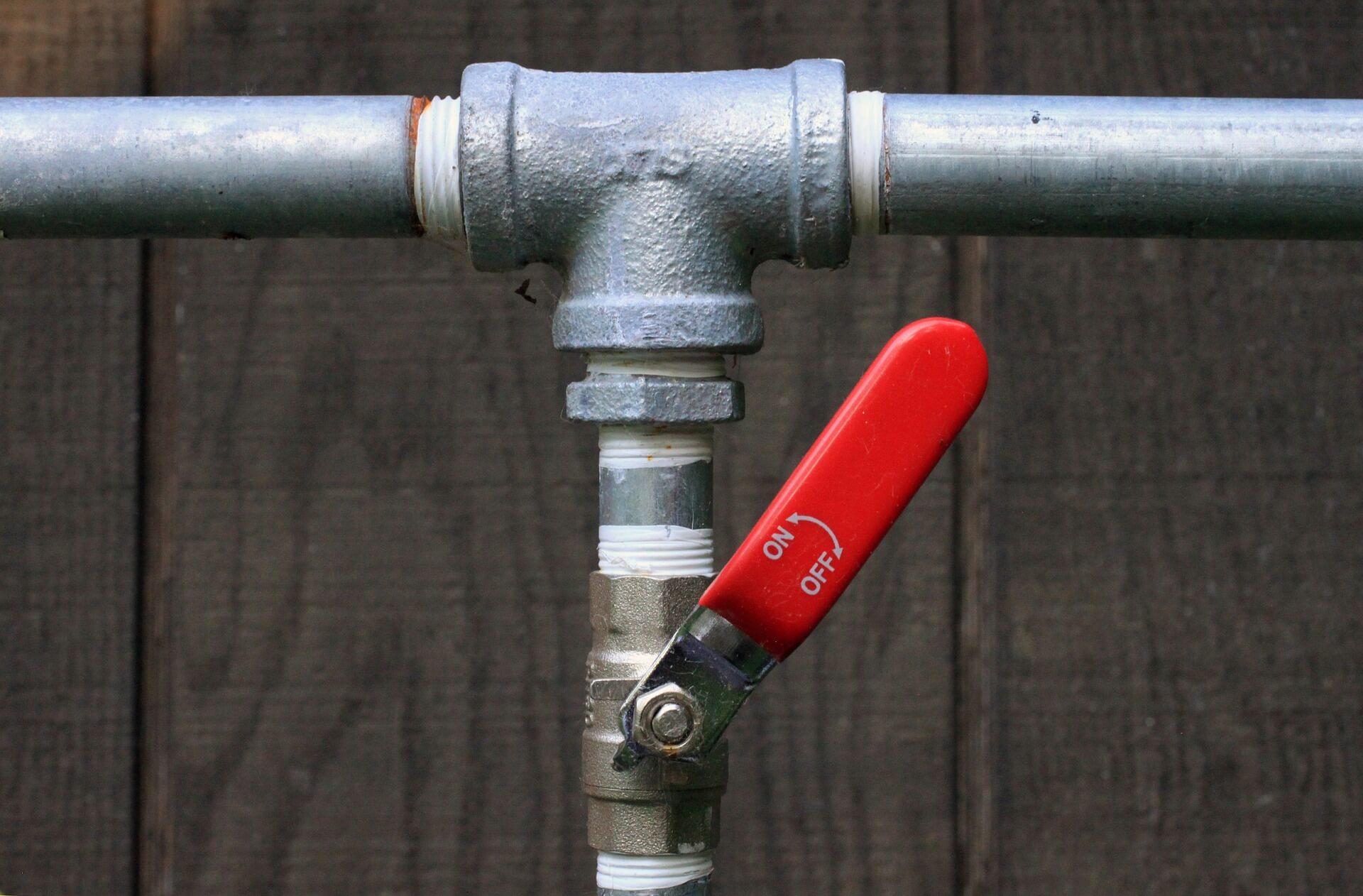

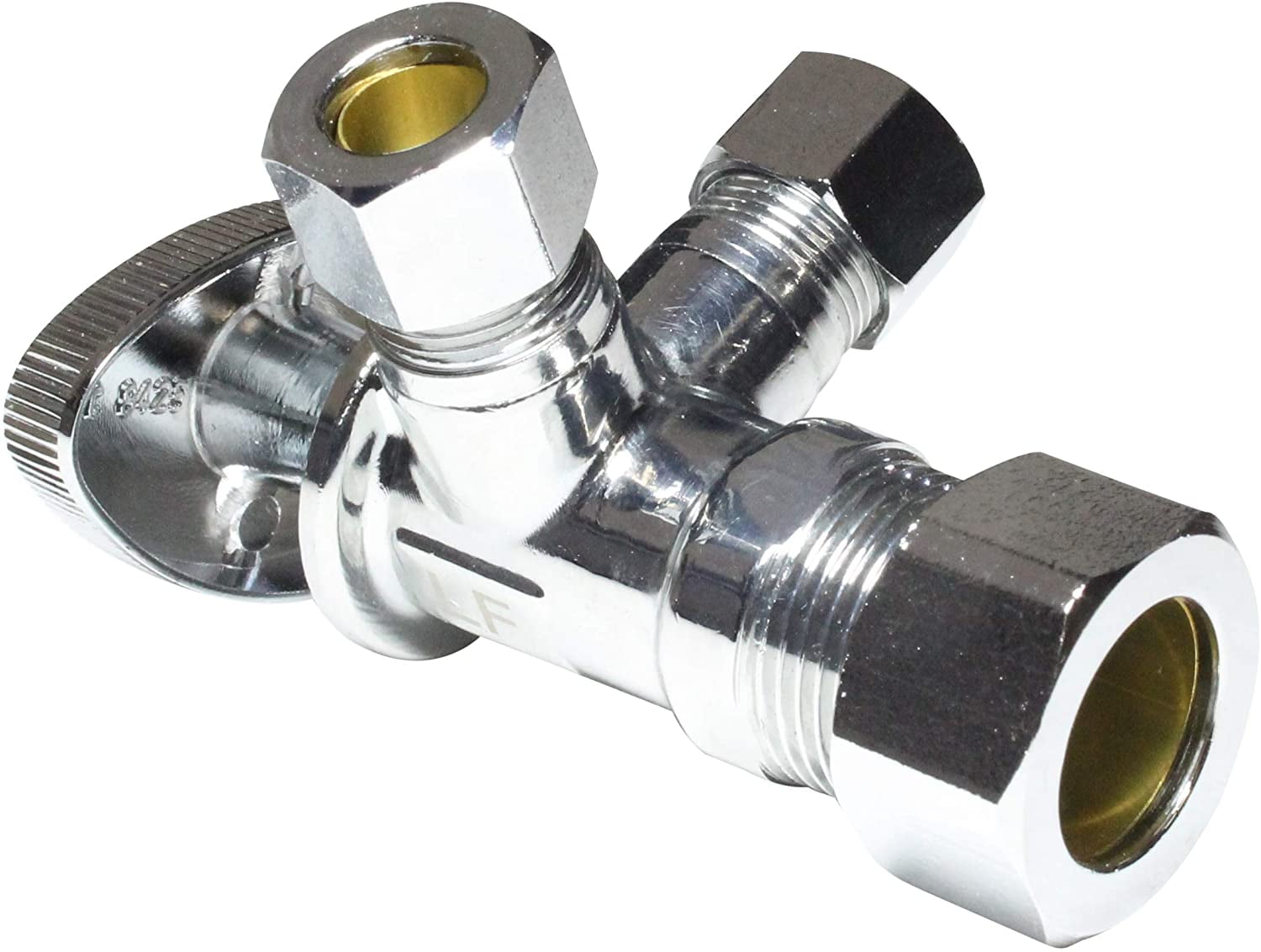









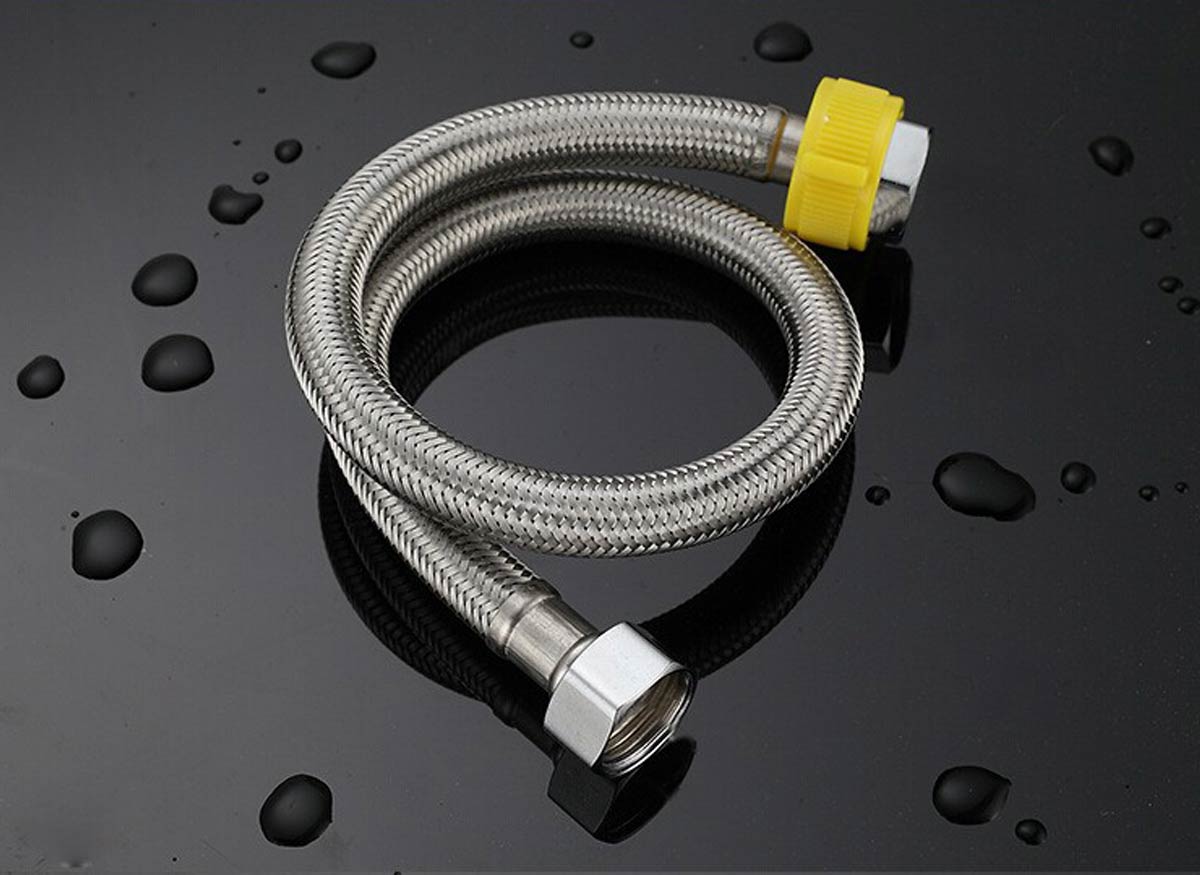

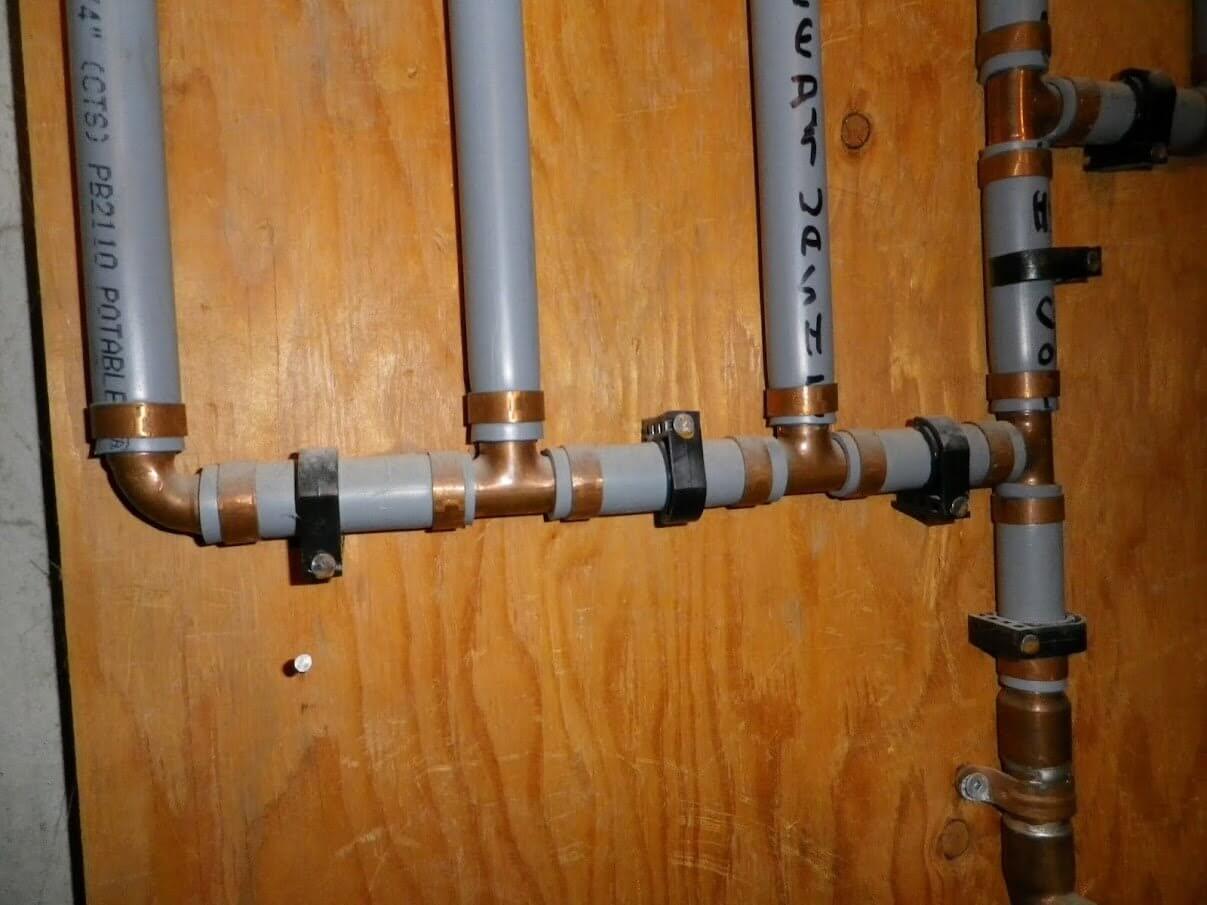

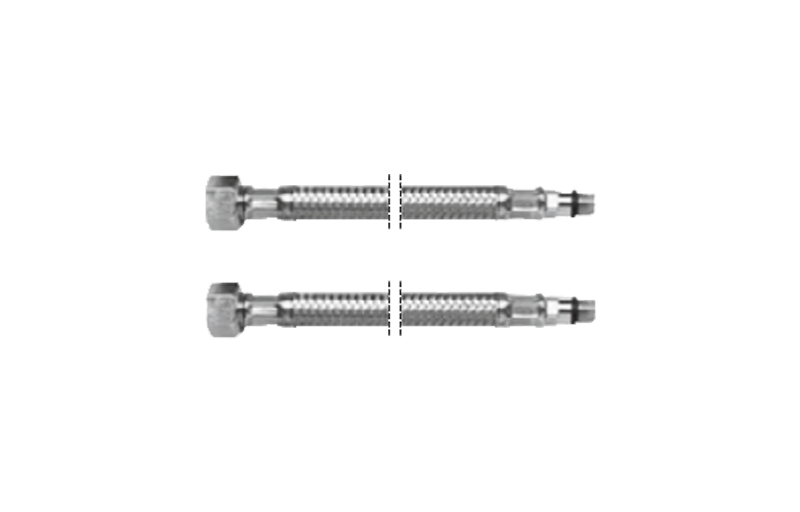
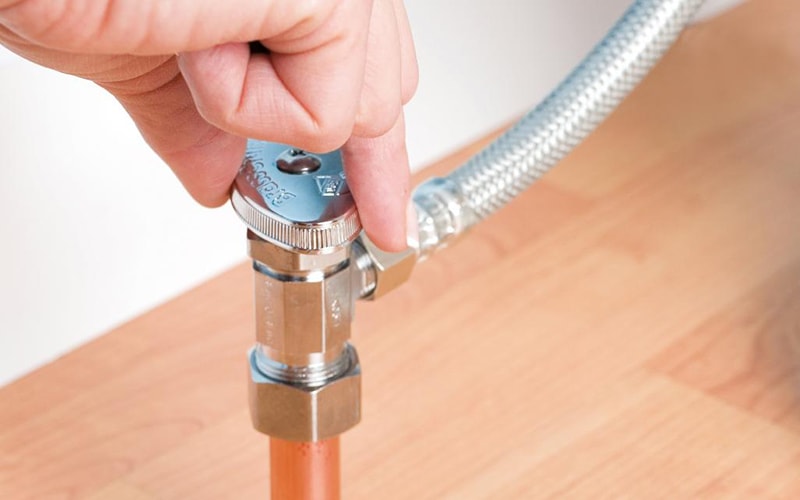
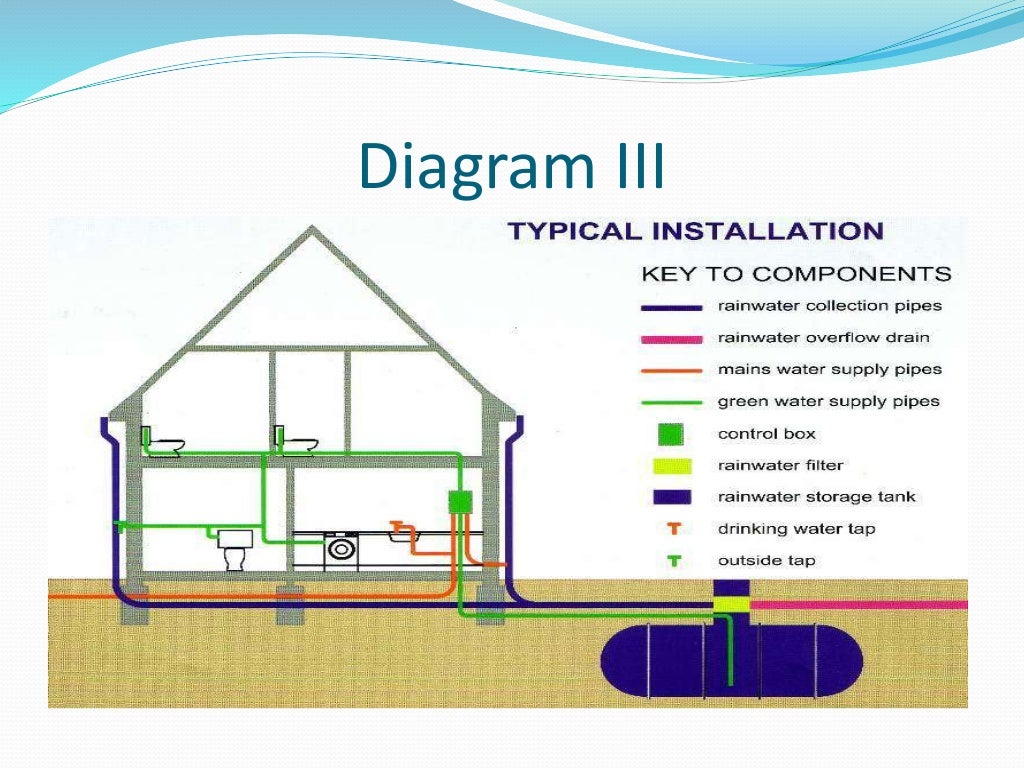
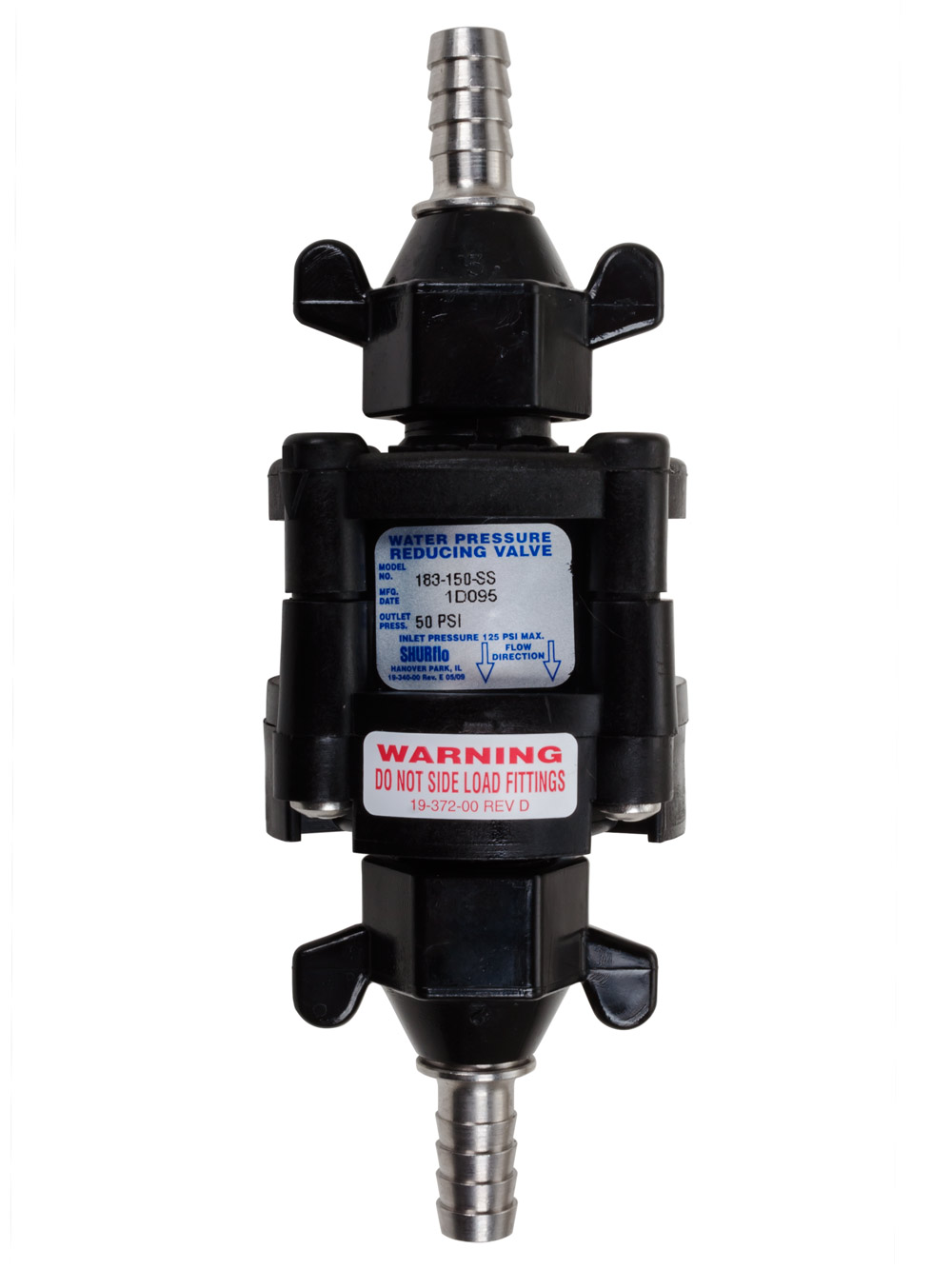

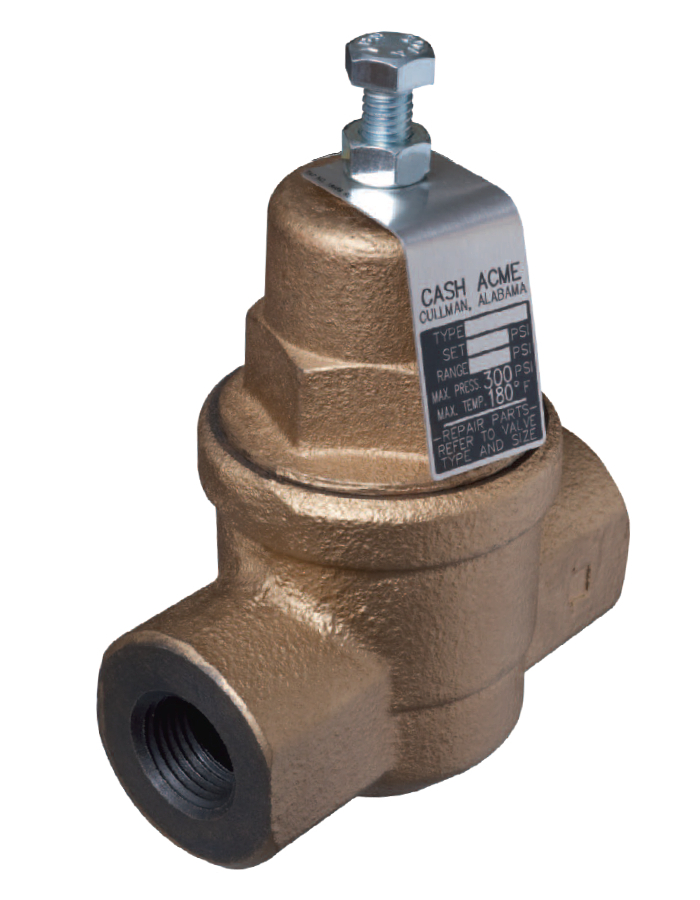
:max_bytes(150000):strip_icc()/the-men-s-hand-opens-the-ball-valve-on-the-collector-1006810456-5c5fc73fc9e77c000159c4af.jpg)

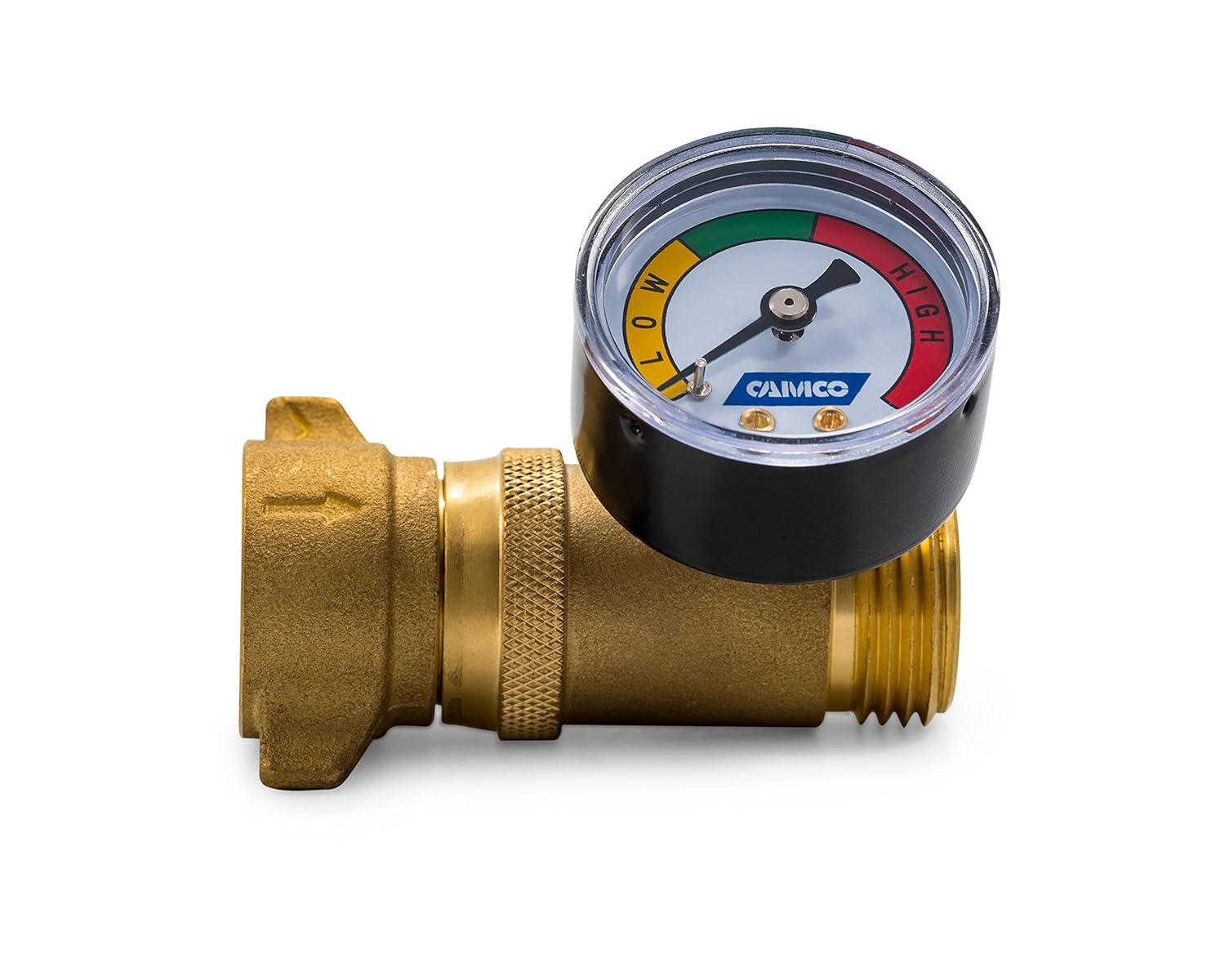


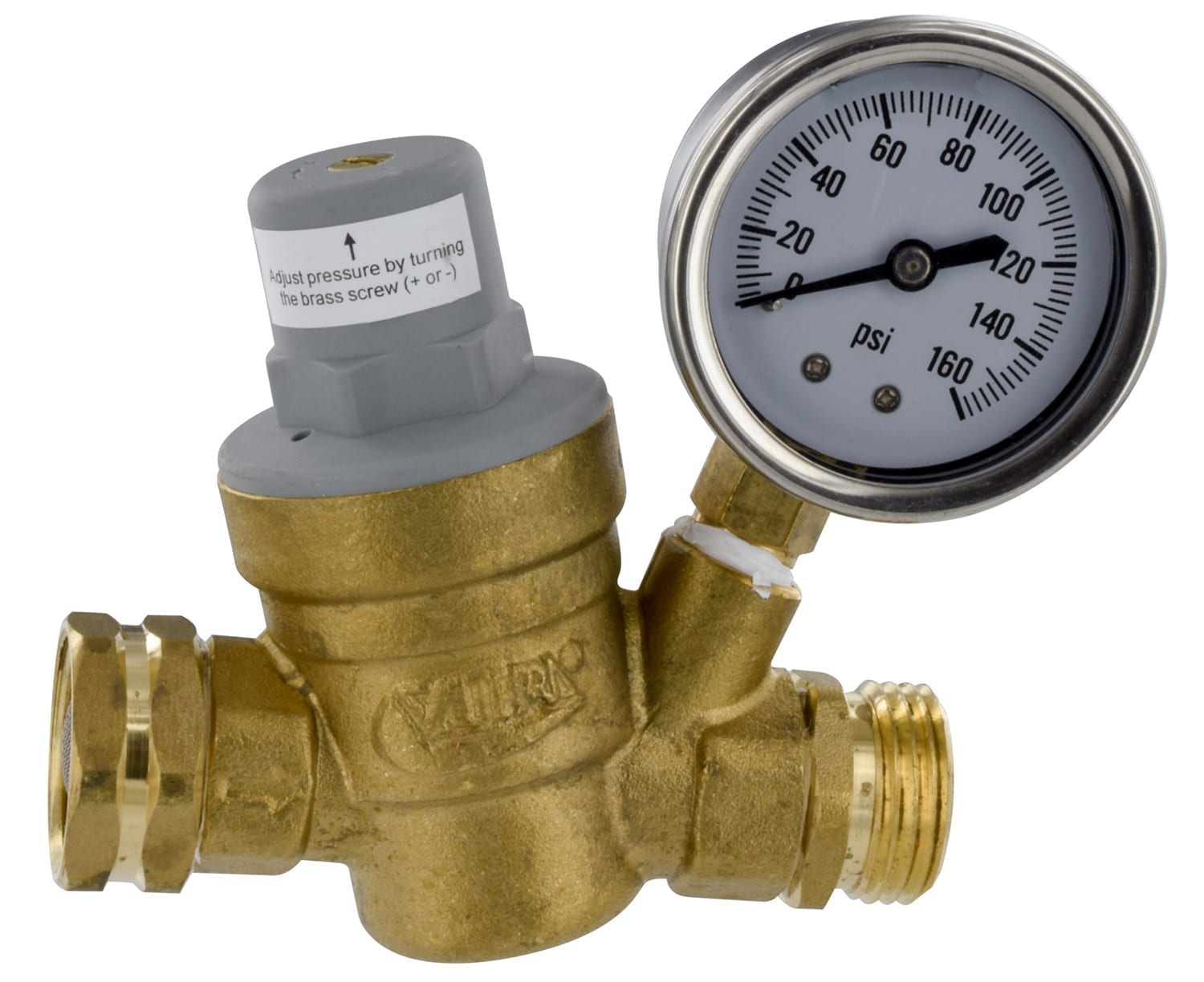


:max_bytes(150000):strip_icc()/testing-water-pressure-in-your-home-2718692-04-c37ab3236d0d4b61b87079ebf9ef823e.jpg)





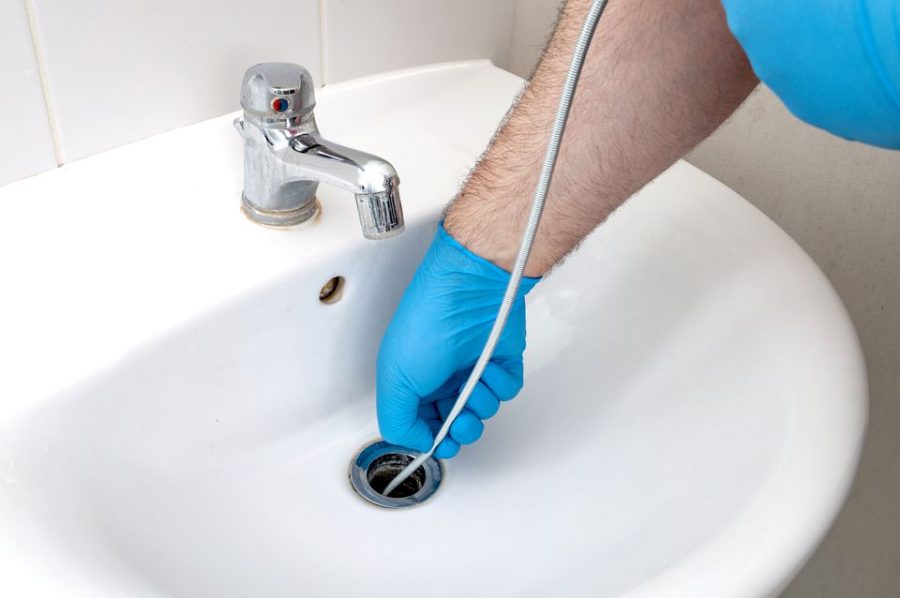
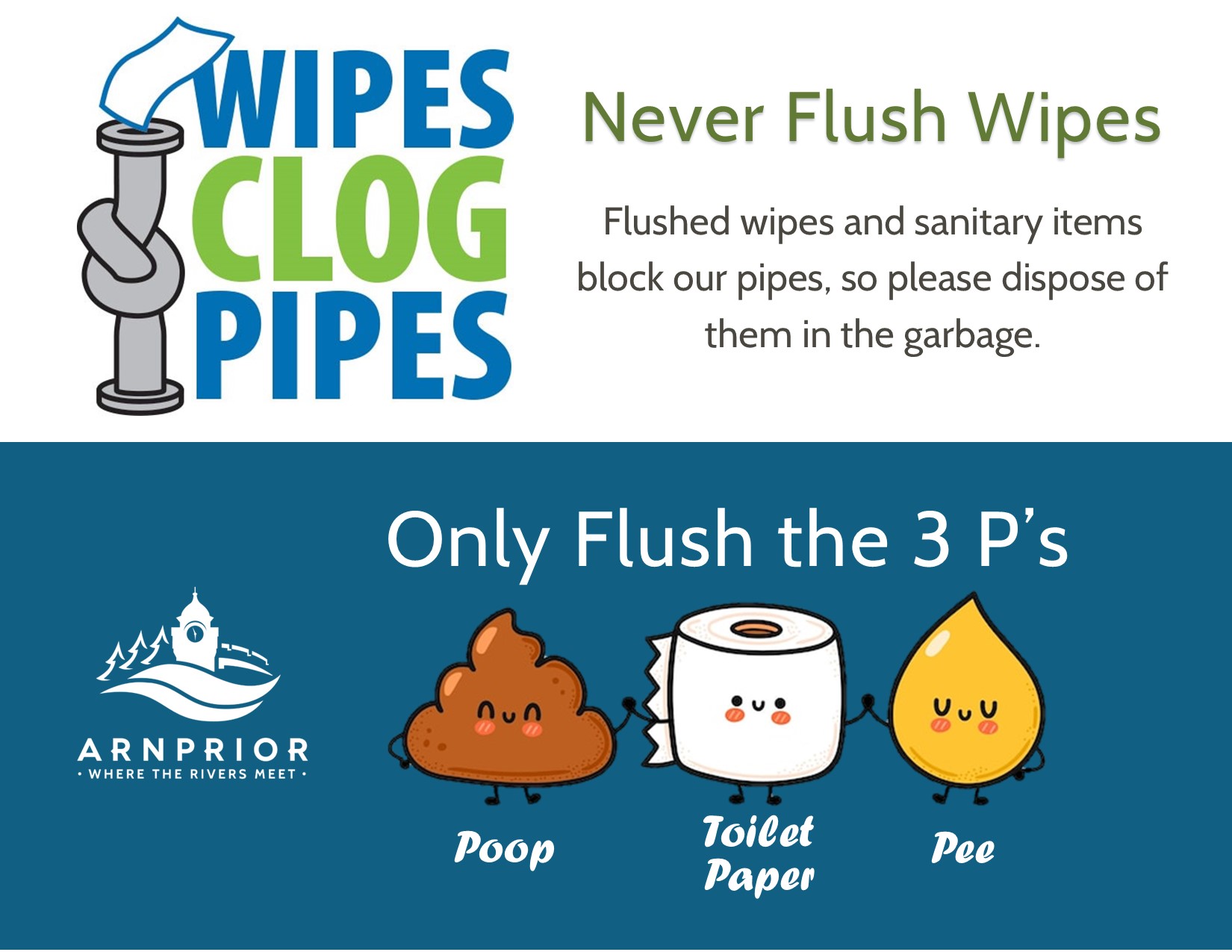






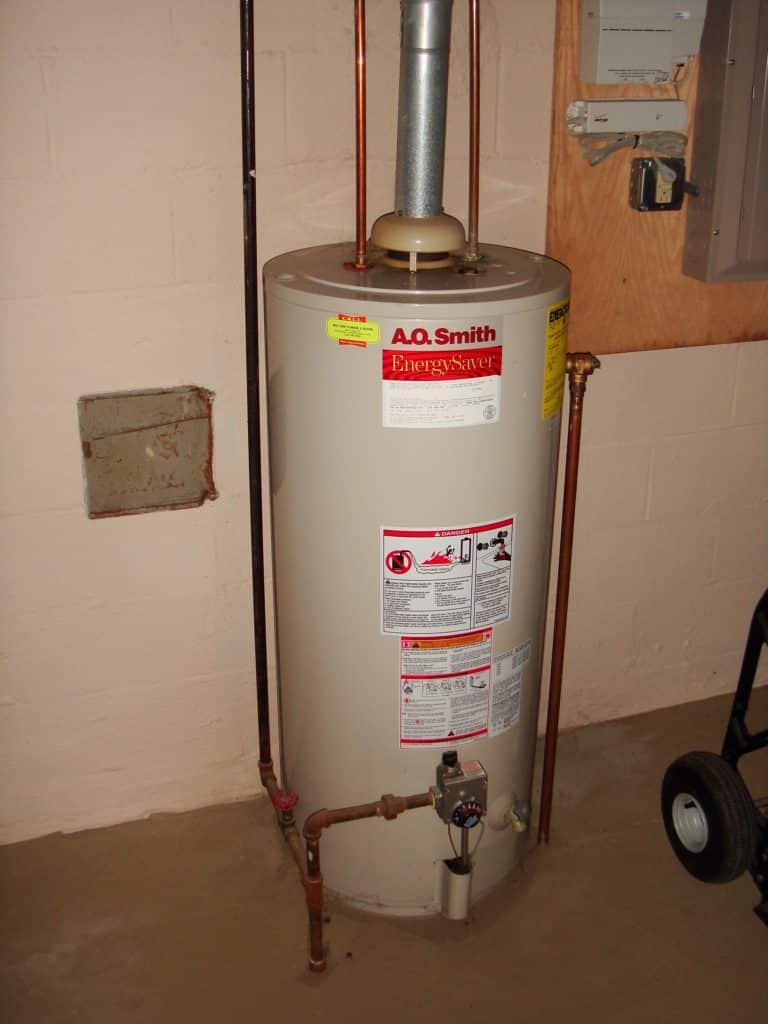

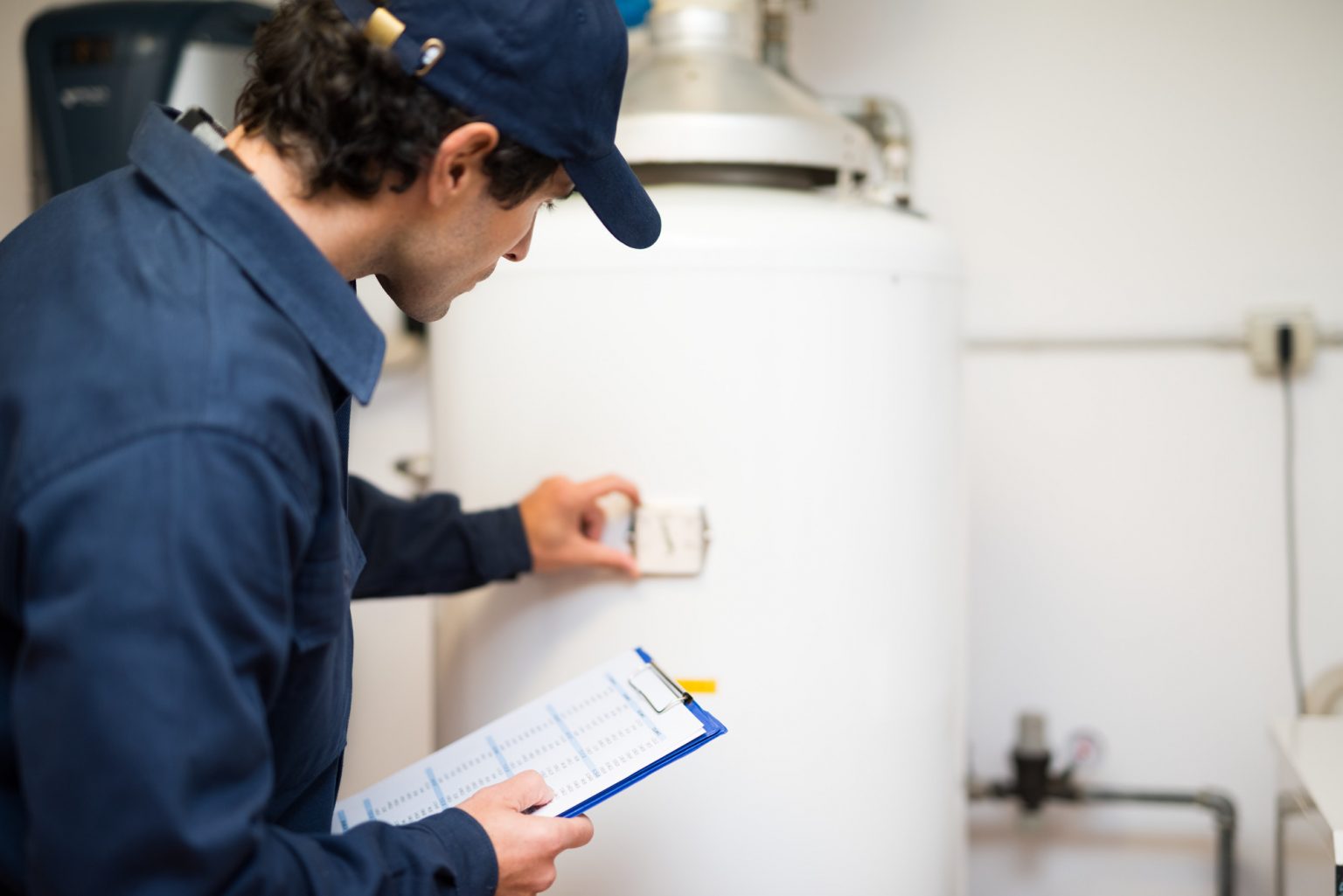
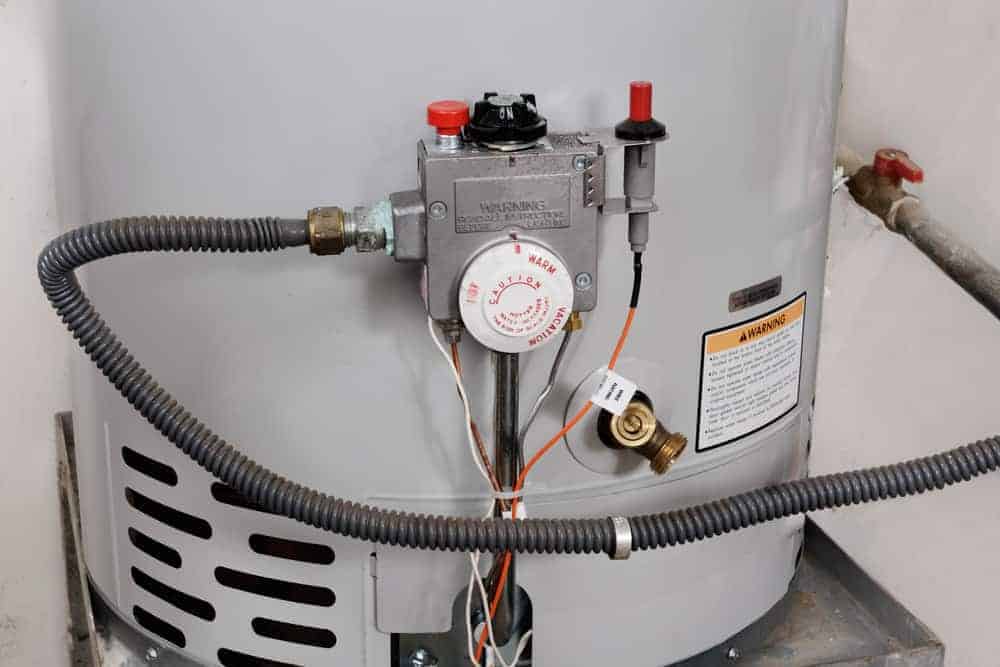
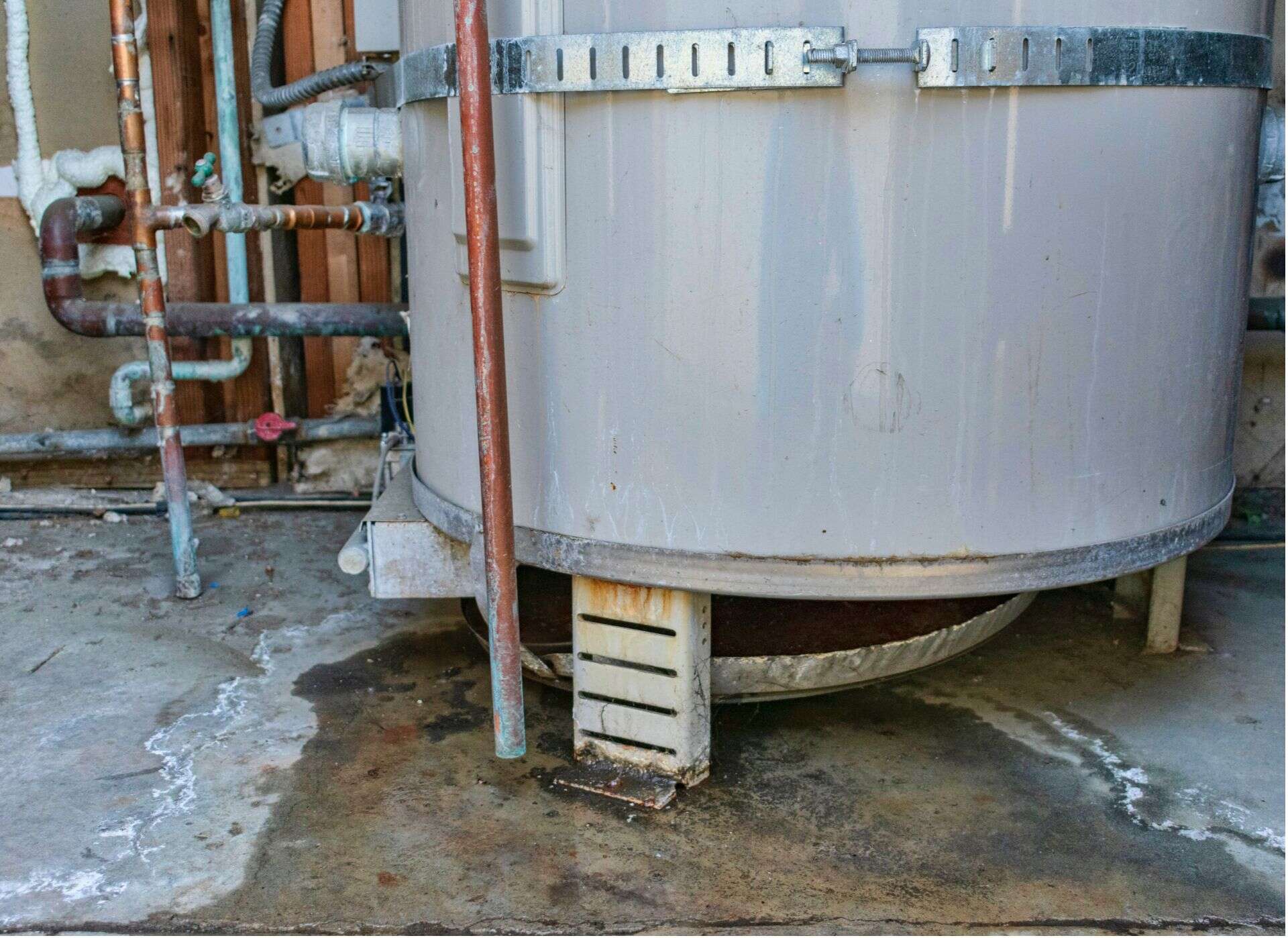



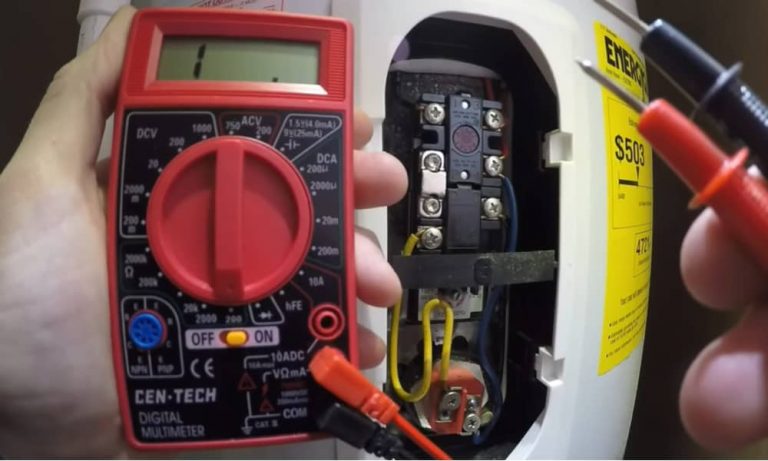






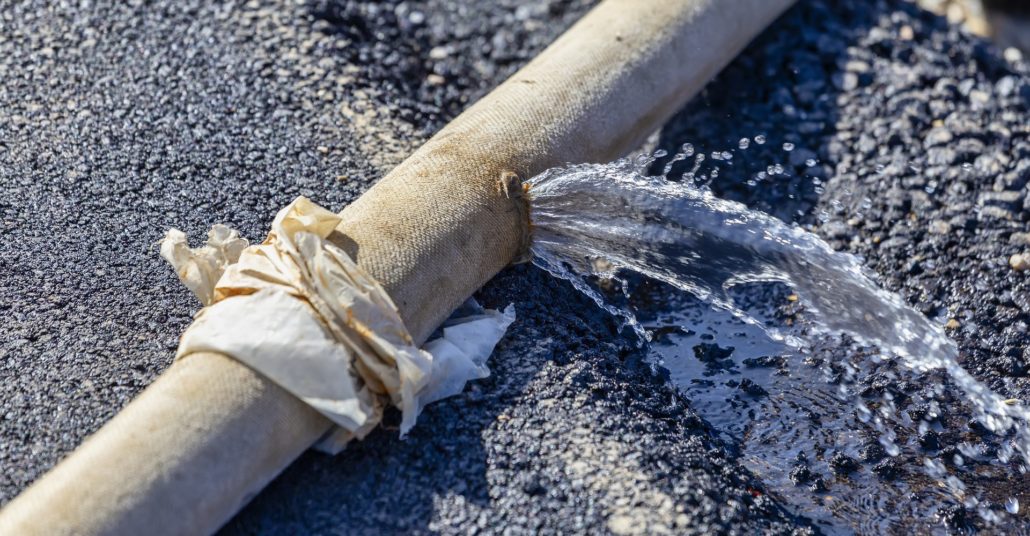

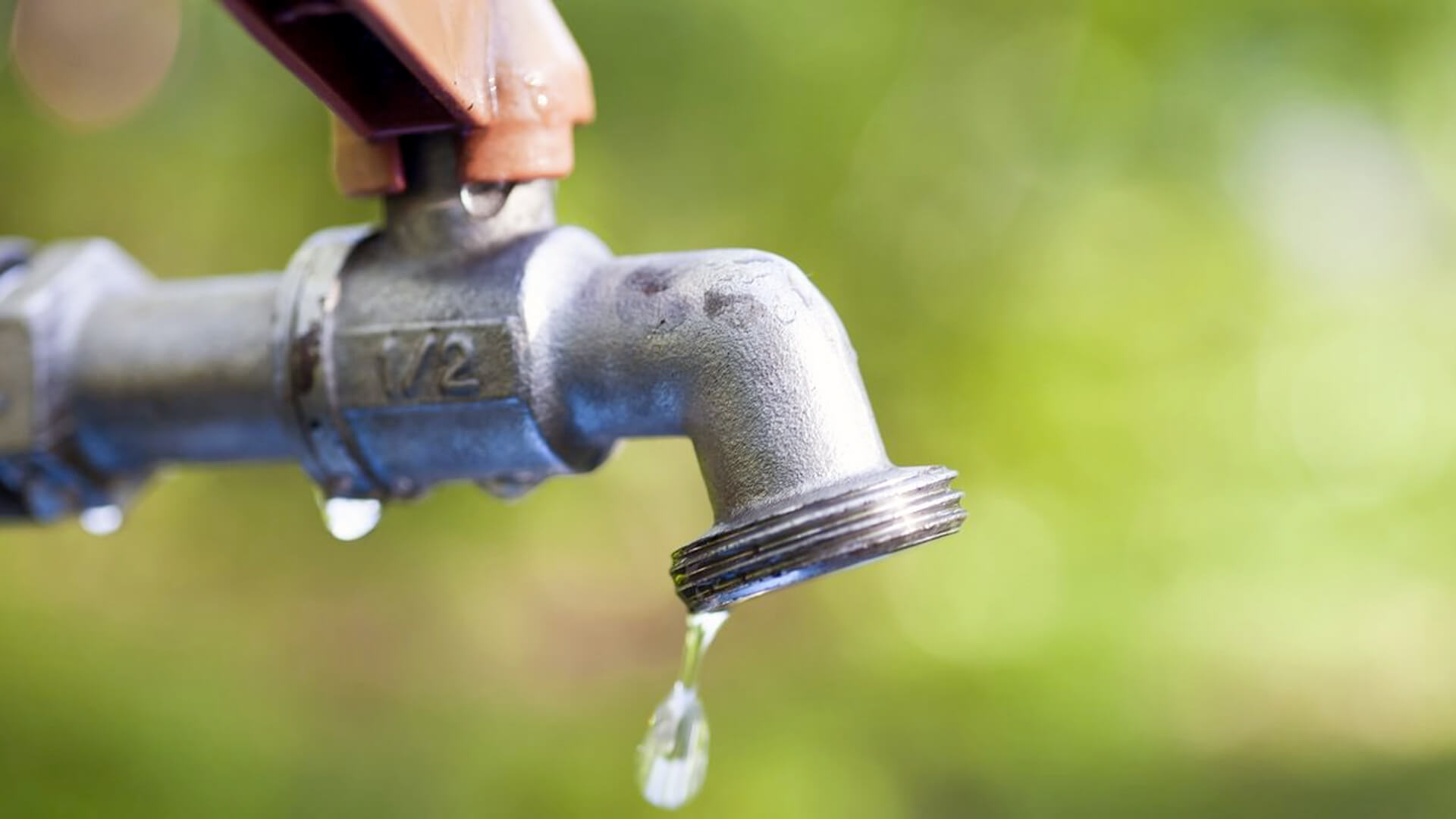

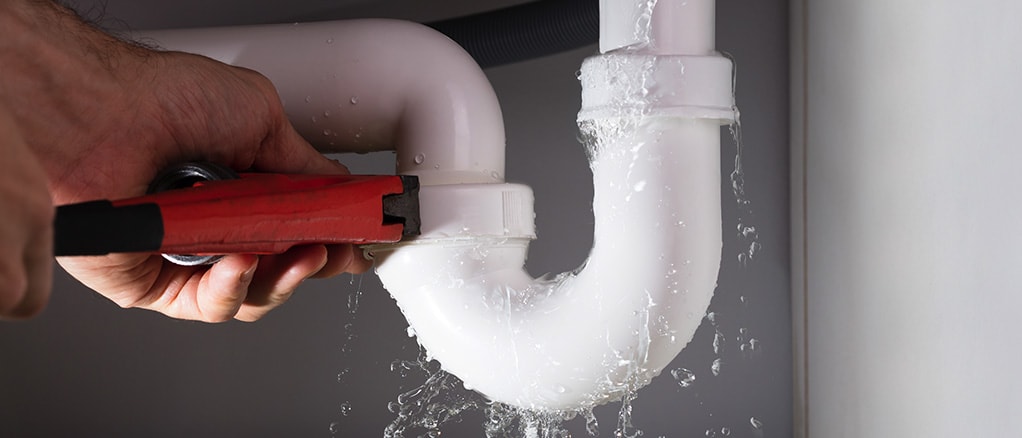


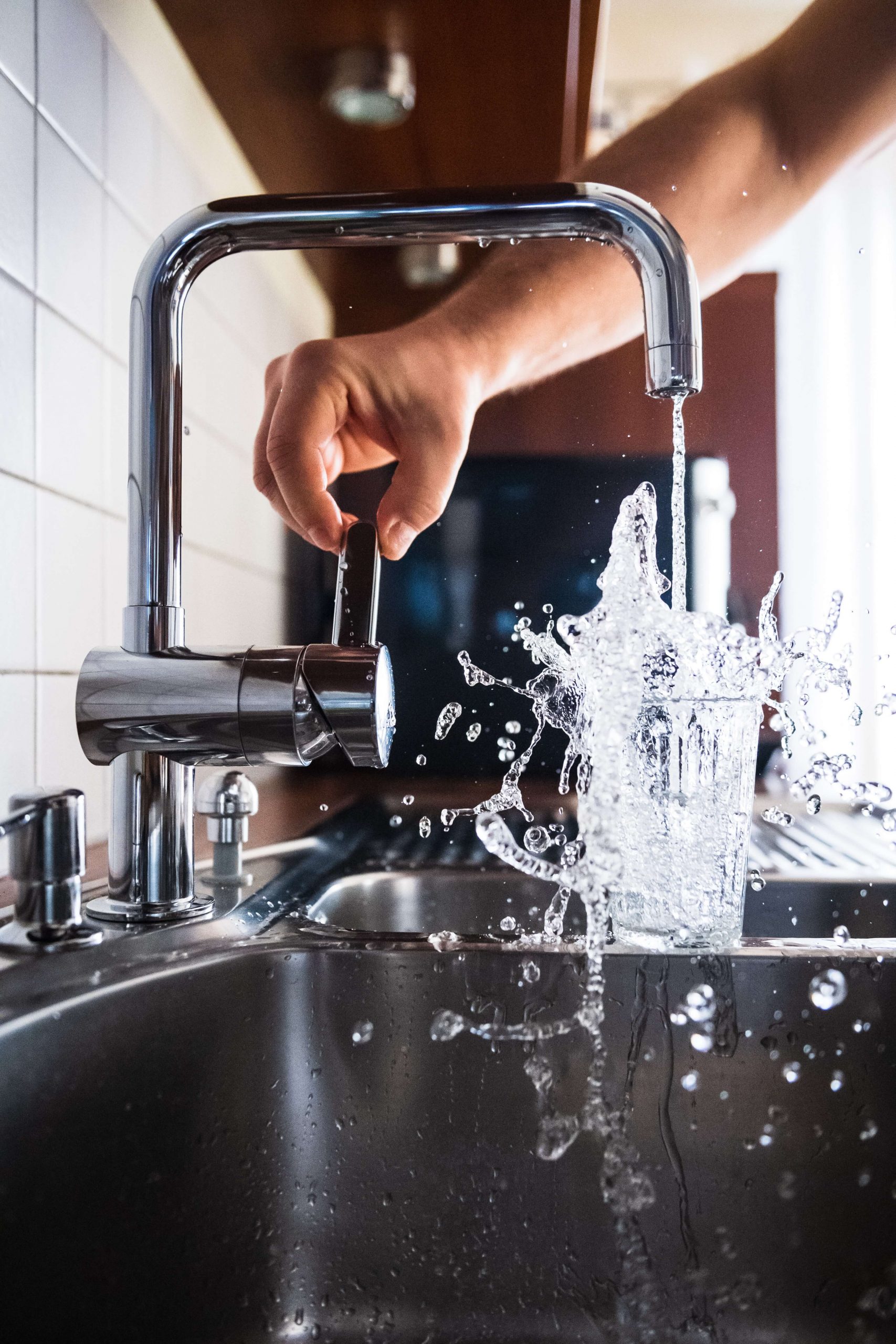

/testing-water-pressure-in-your-home-2718692-hero-98f45508ca5d44b6b551034ac5cedab5.jpg)





